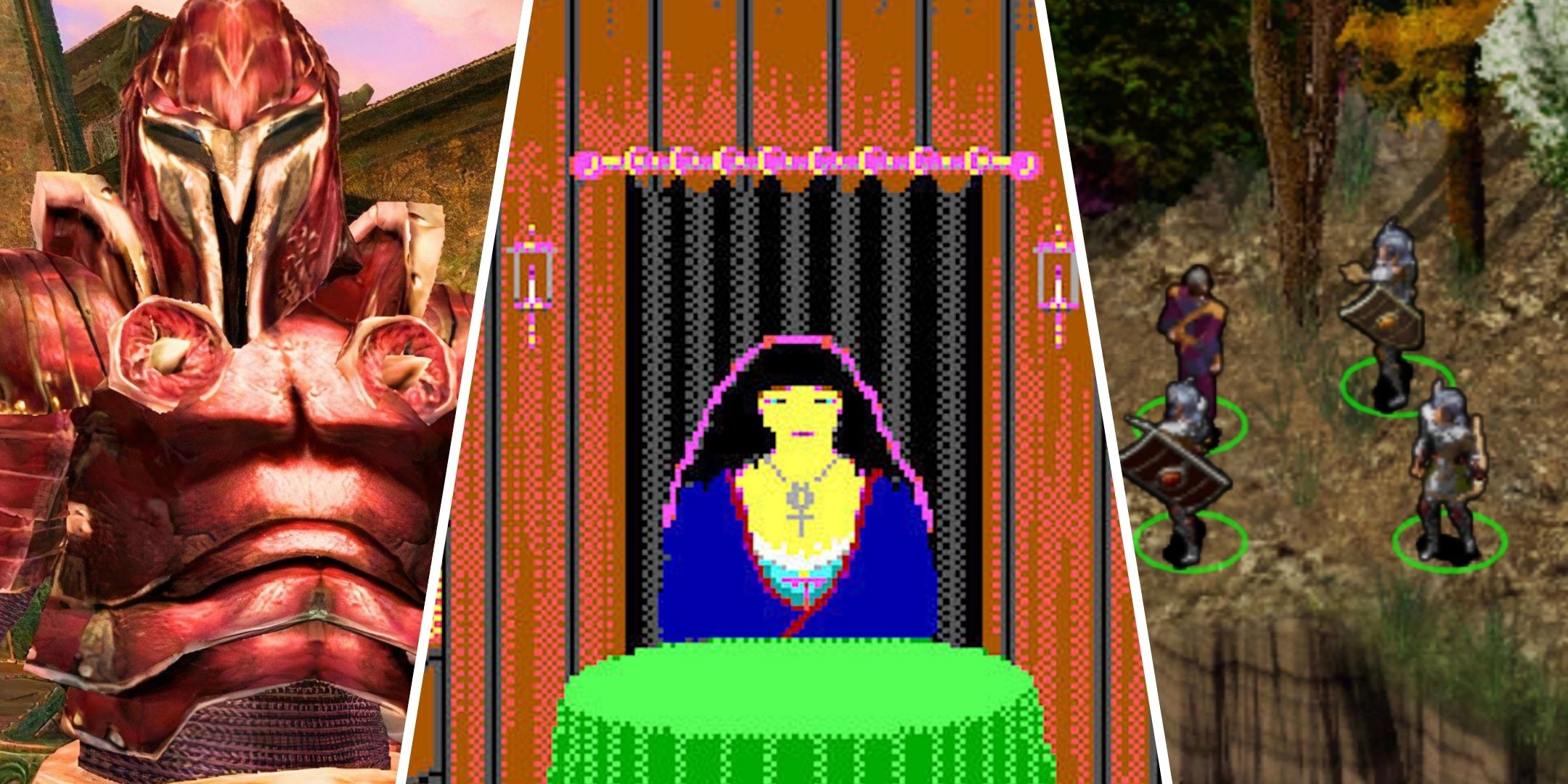
Summary
- Divinity: Original Sin 2 lets players enjoy freedom in combat and decision-making, setting a benchmark for immersive RPG experiences.
- Dragon Age: Origins modernized tactical RPGs by blending deep storytelling with approachable gameplay and meaningful dialogue choices.
- World of Warcraft revolutionized MMORPGs with a quest-driven progression system and instanced dungeons, setting the gold standard for the genre.
The role-playing game (RPG) genre is widely recognized as a cornerstone in the video game industry. It’s known for its intricate storylines, captivating progression systems, and the ability to customize characters – factors that draw in millions of gamers globally. From early 8-bit games to today’s expansive open-world titles, this genre has consistently evolved, sparking technological and creative advancements that significantly impact other genres as well.
It’s worth noting that the foundational elements of the most iconic Western RPGs weren’t all set from the start. Instead, it took several iterations to reach their current form. As a result, key Western RPGs in history are games whose mechanics or ideas were adopted by other creators, influencing subsequent releases and making many genre staples commonplace.
10. Divinity: Original Sin 2
One Of The Most Influential Western RPGs Because Of The Freedom Offered To Players
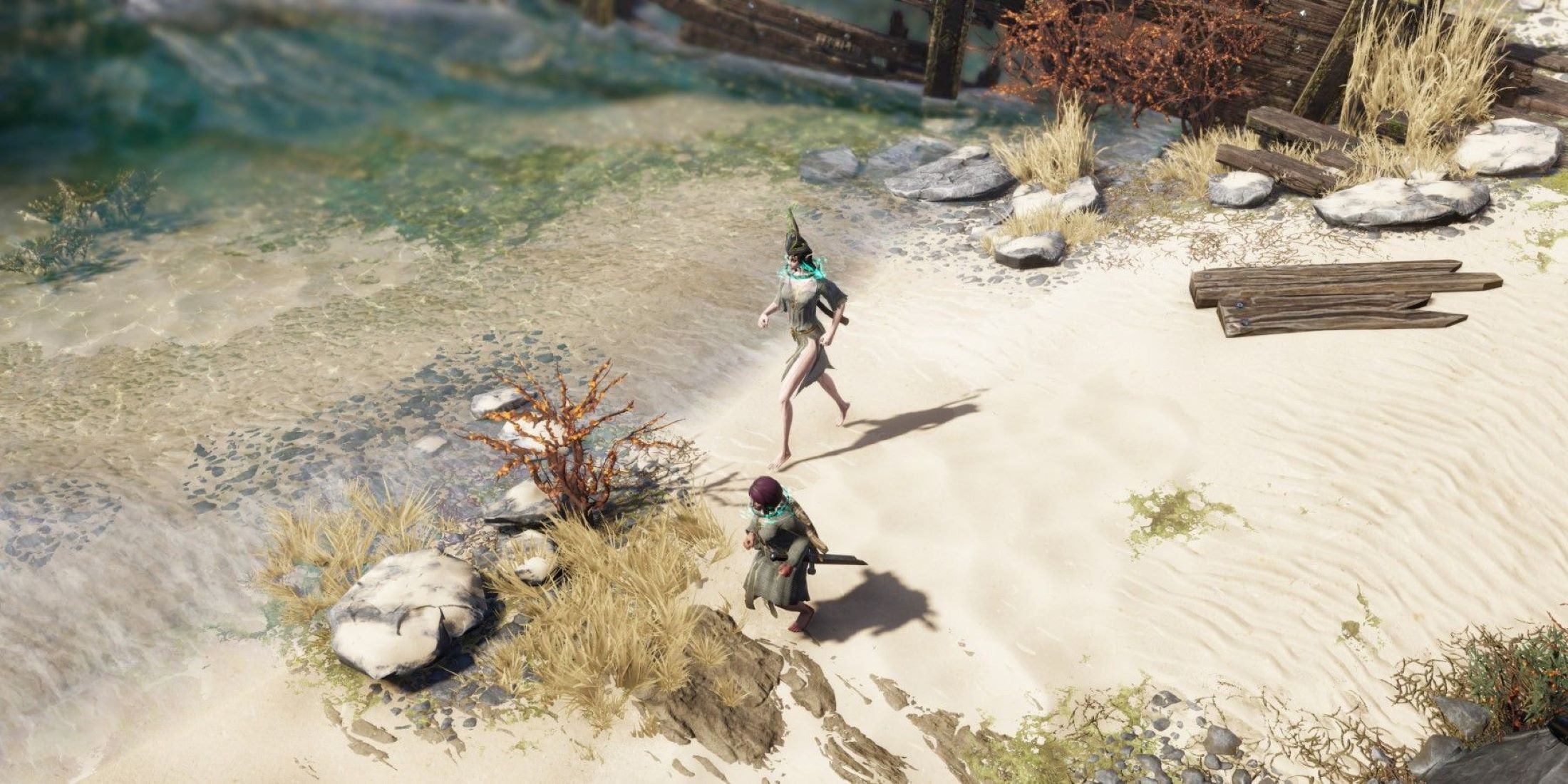
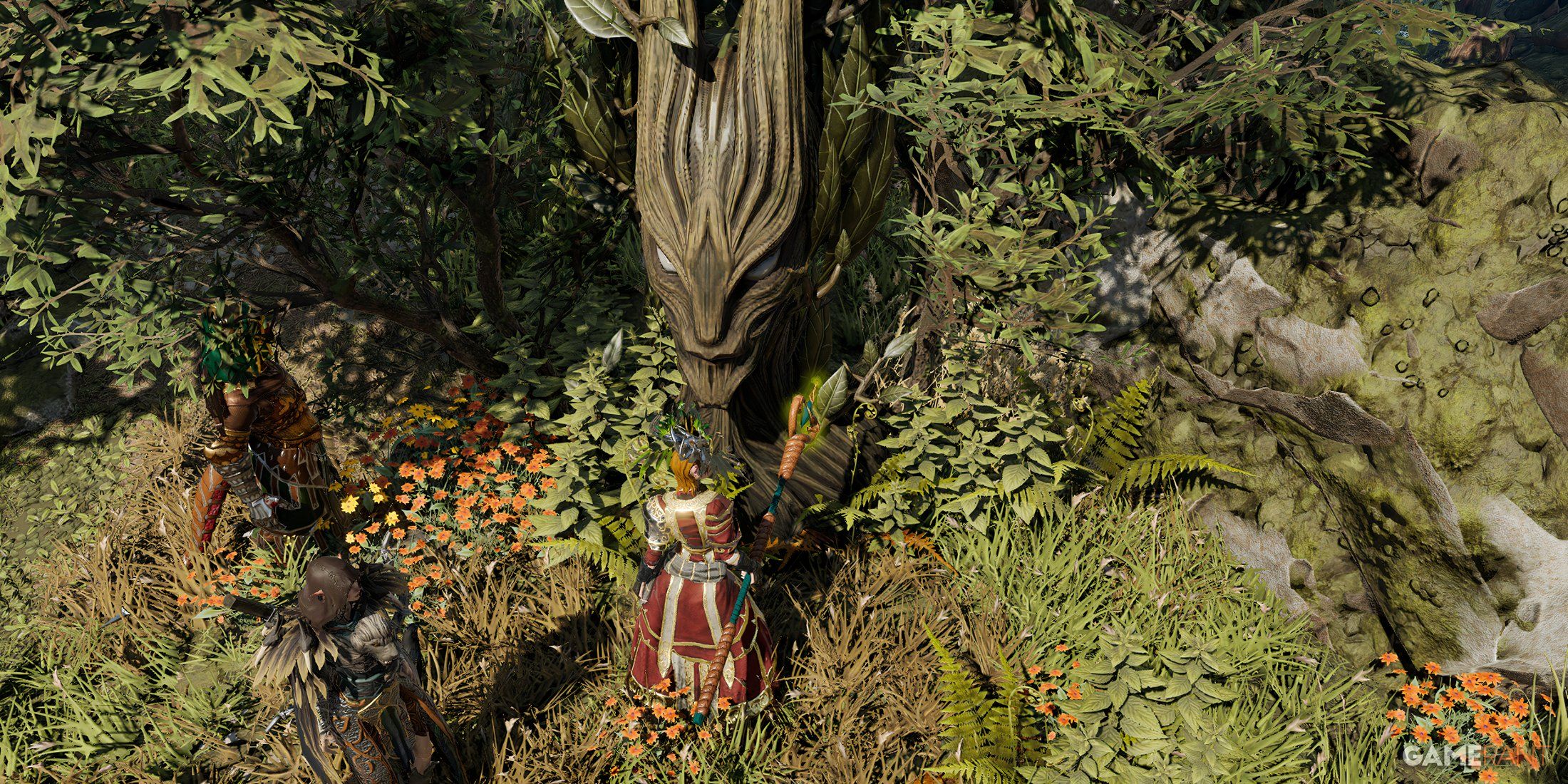
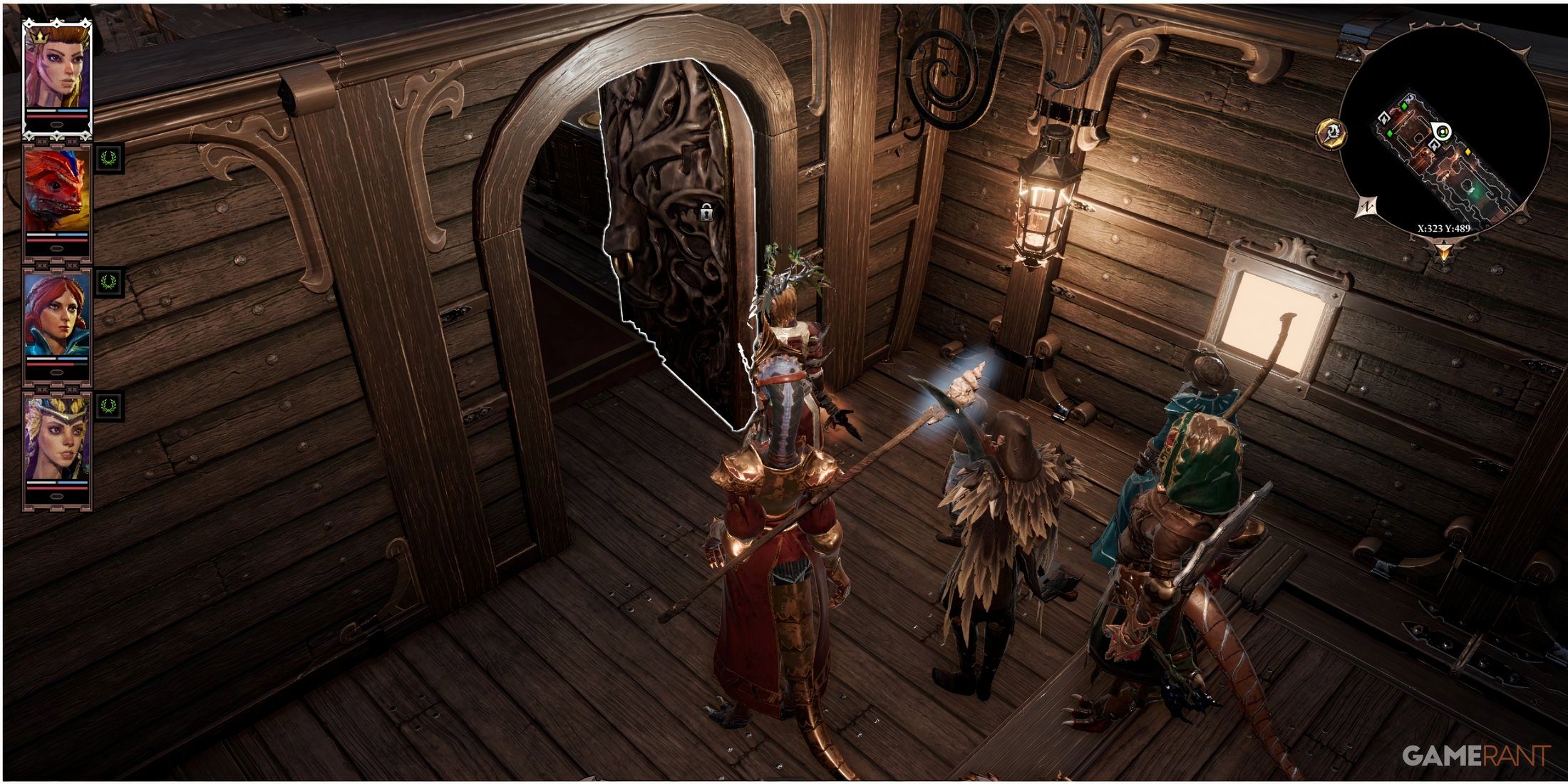
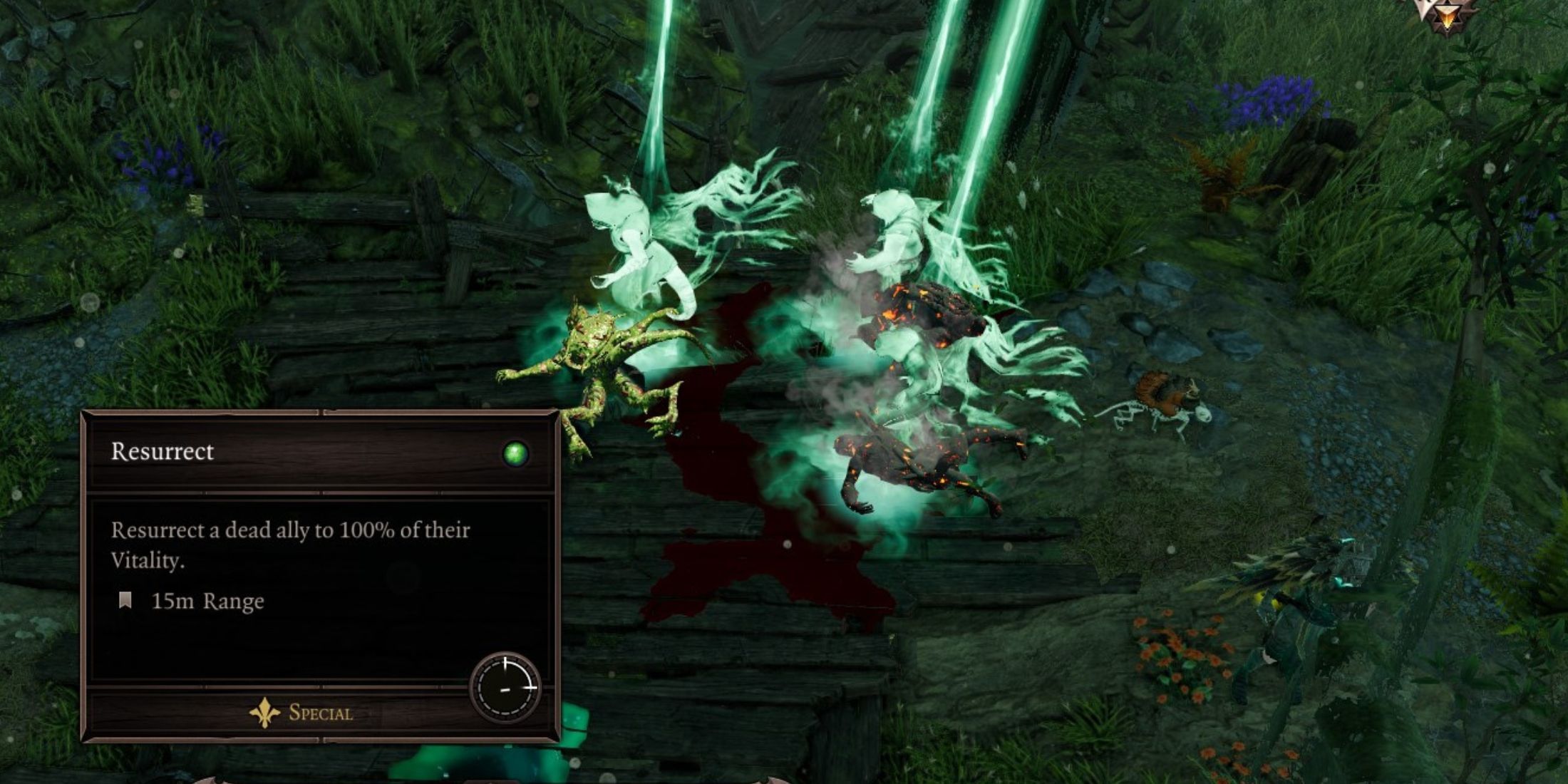
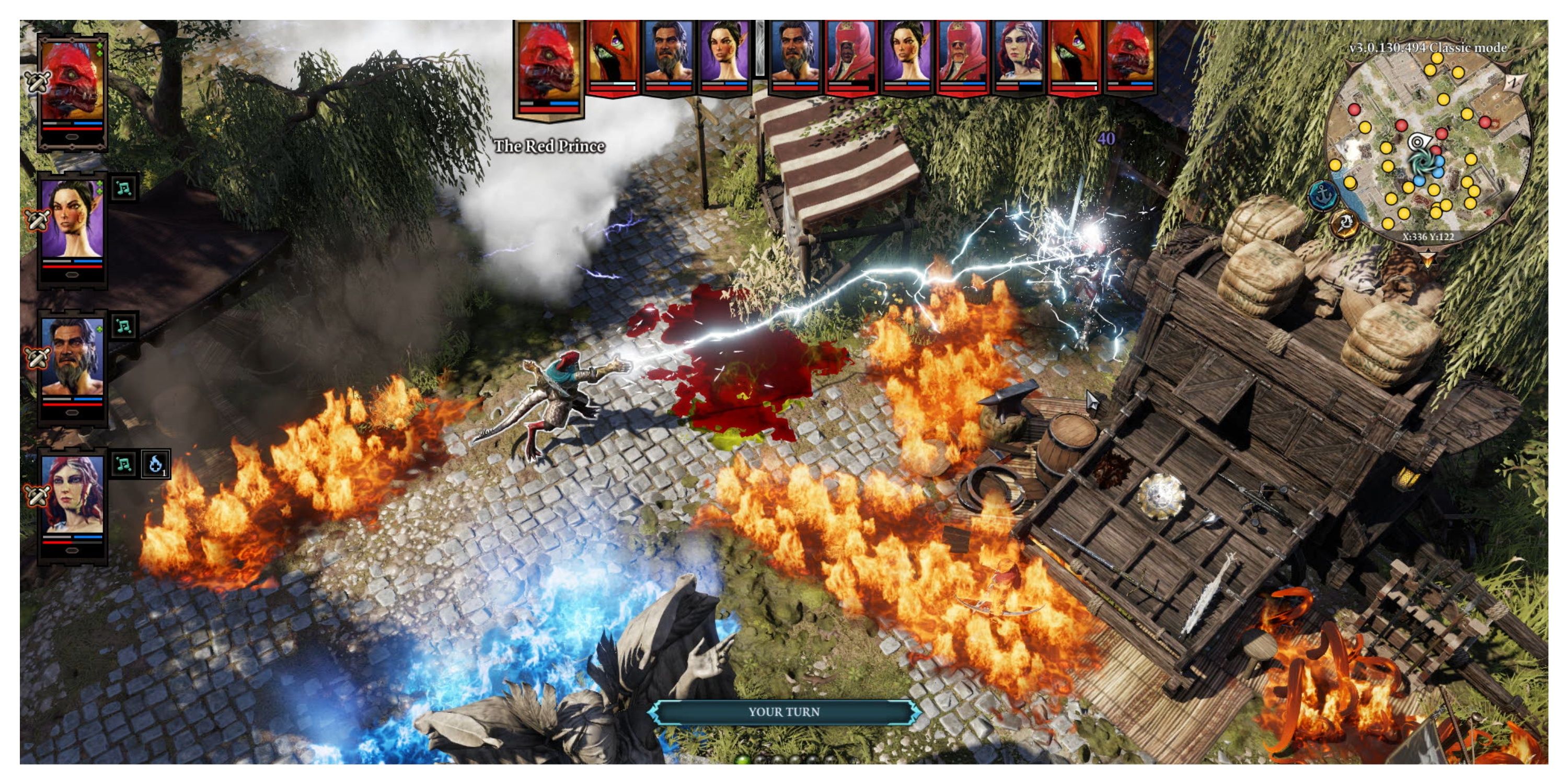
2017 saw the launch of Divinity: Original Sin 2, a game developed by Larian Studios. What made
The game’s impact grew even more when Larian Studios was selected to create Baldur’s Gate 3. This decision greatly increased anticipation for the long-awaited sequel, which ultimately became one of the most acclaimed RPGs ever produced. Many ideas tested in Original Sin 2 were refined and applied to the Dungeons & Dragons rule system, showing how iterative design can lead to a genre benchmark and encouraging other studios to prioritize systemic depth over linear showmanship.
9. Dragon Age: Origins
Responsible For Modernizing Tactical RPGs
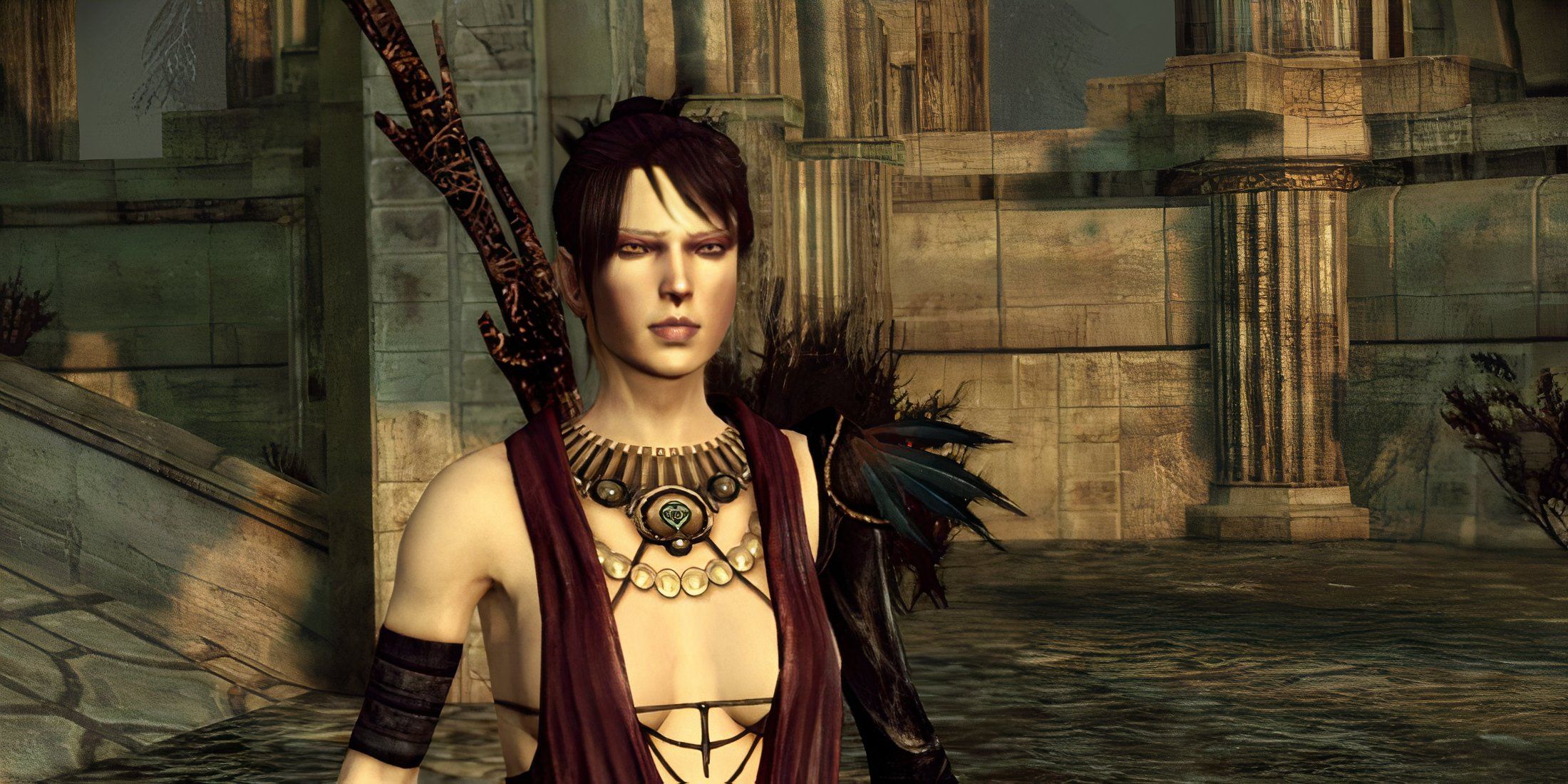
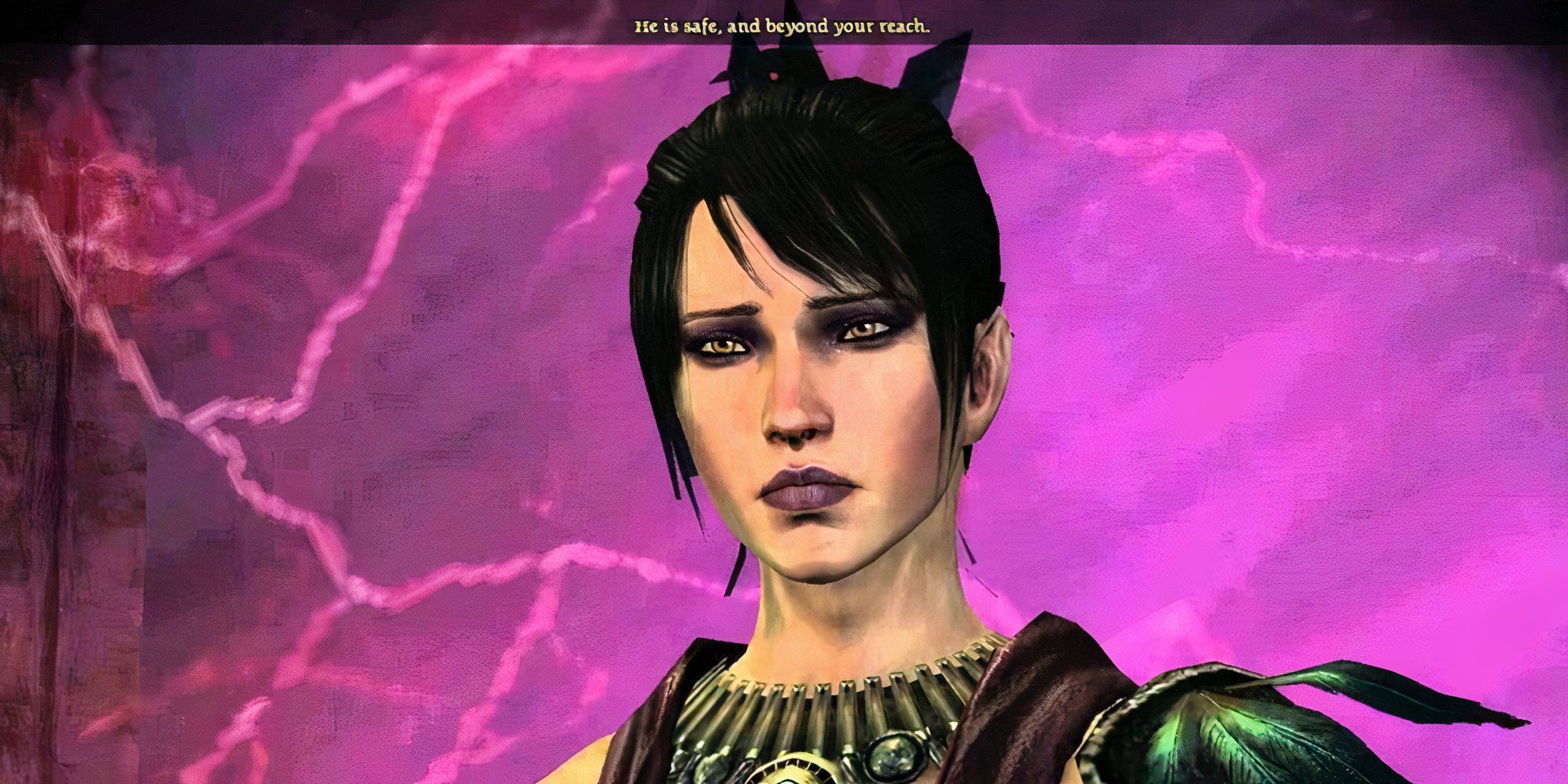
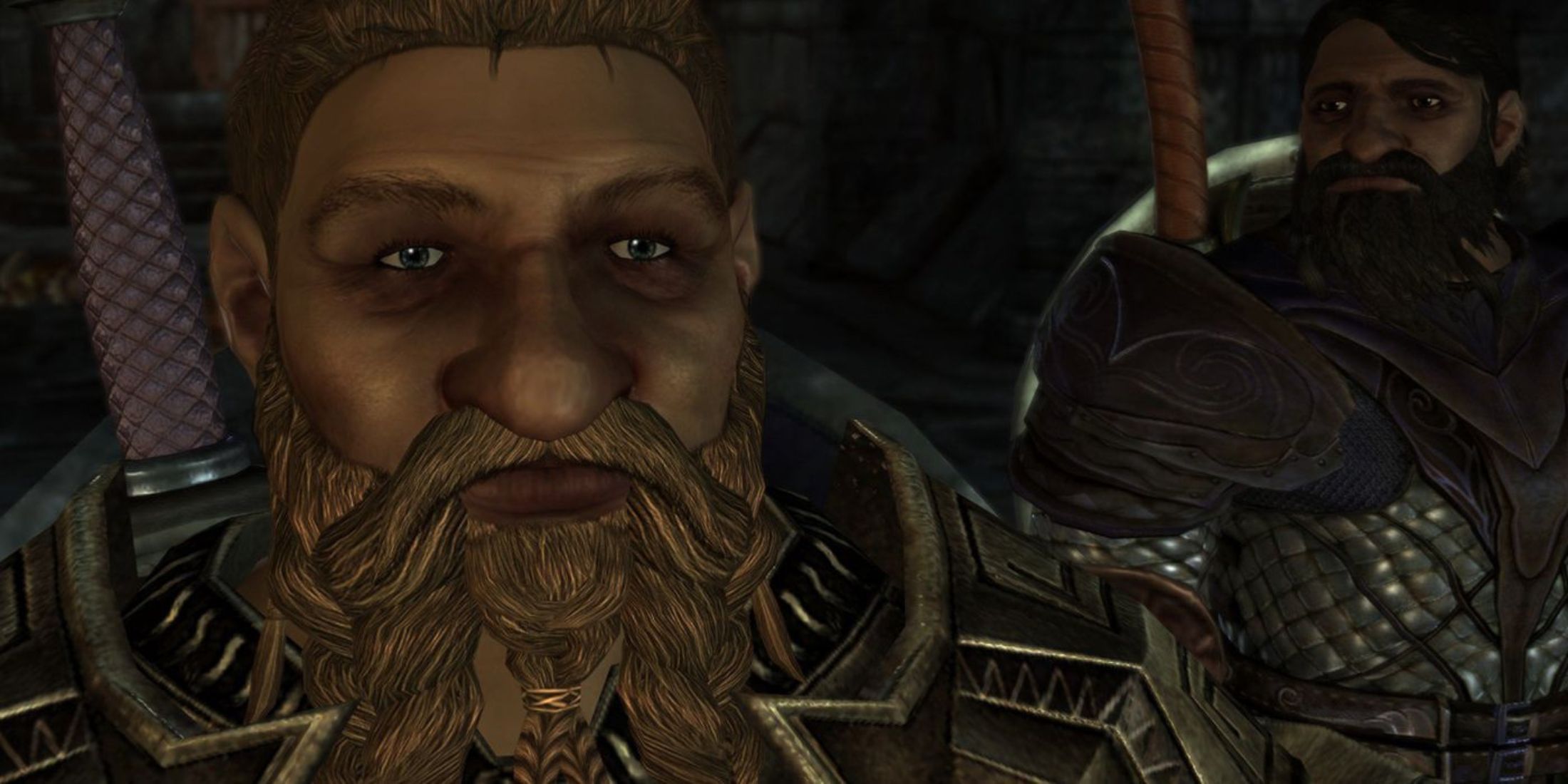
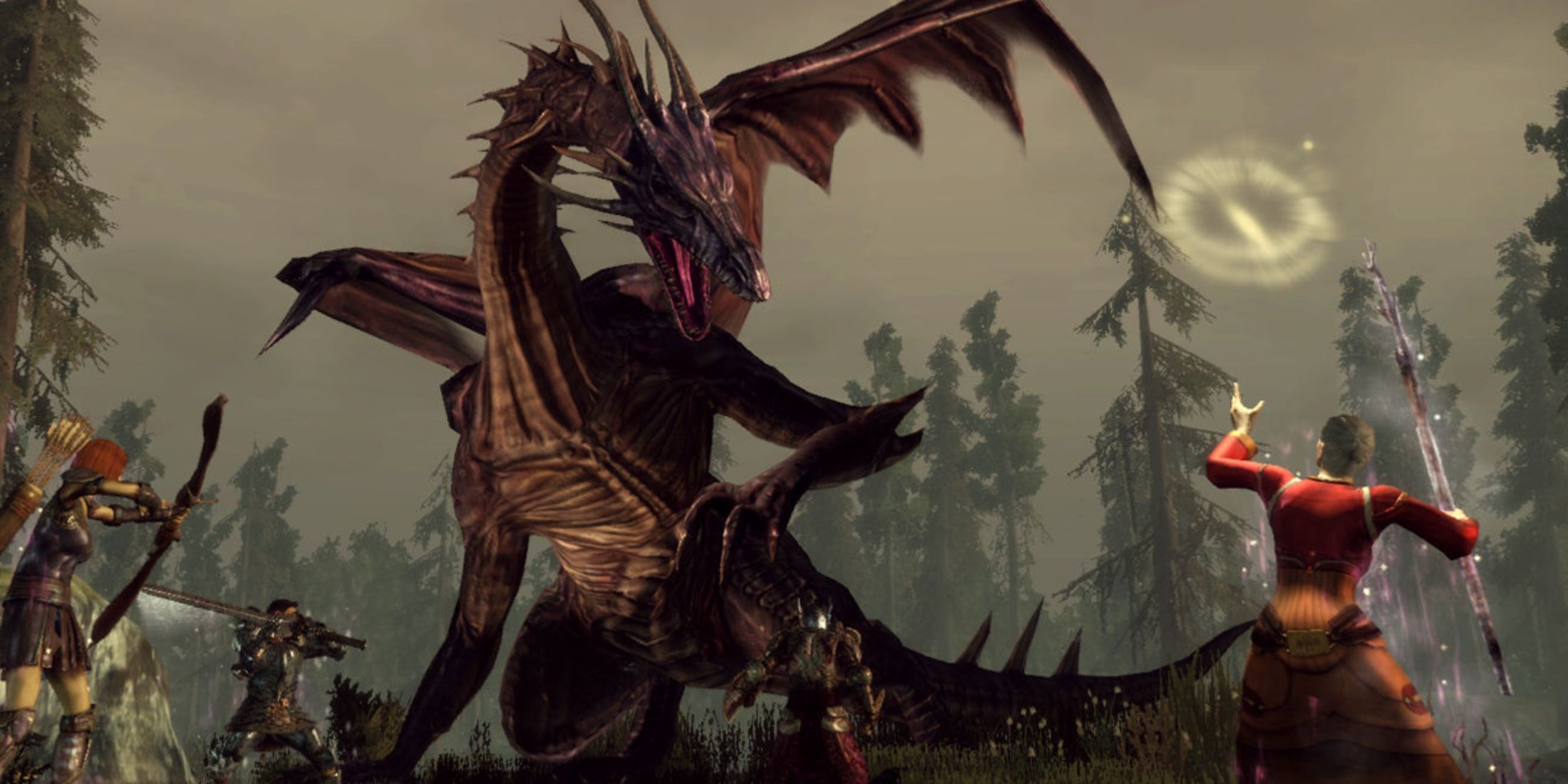
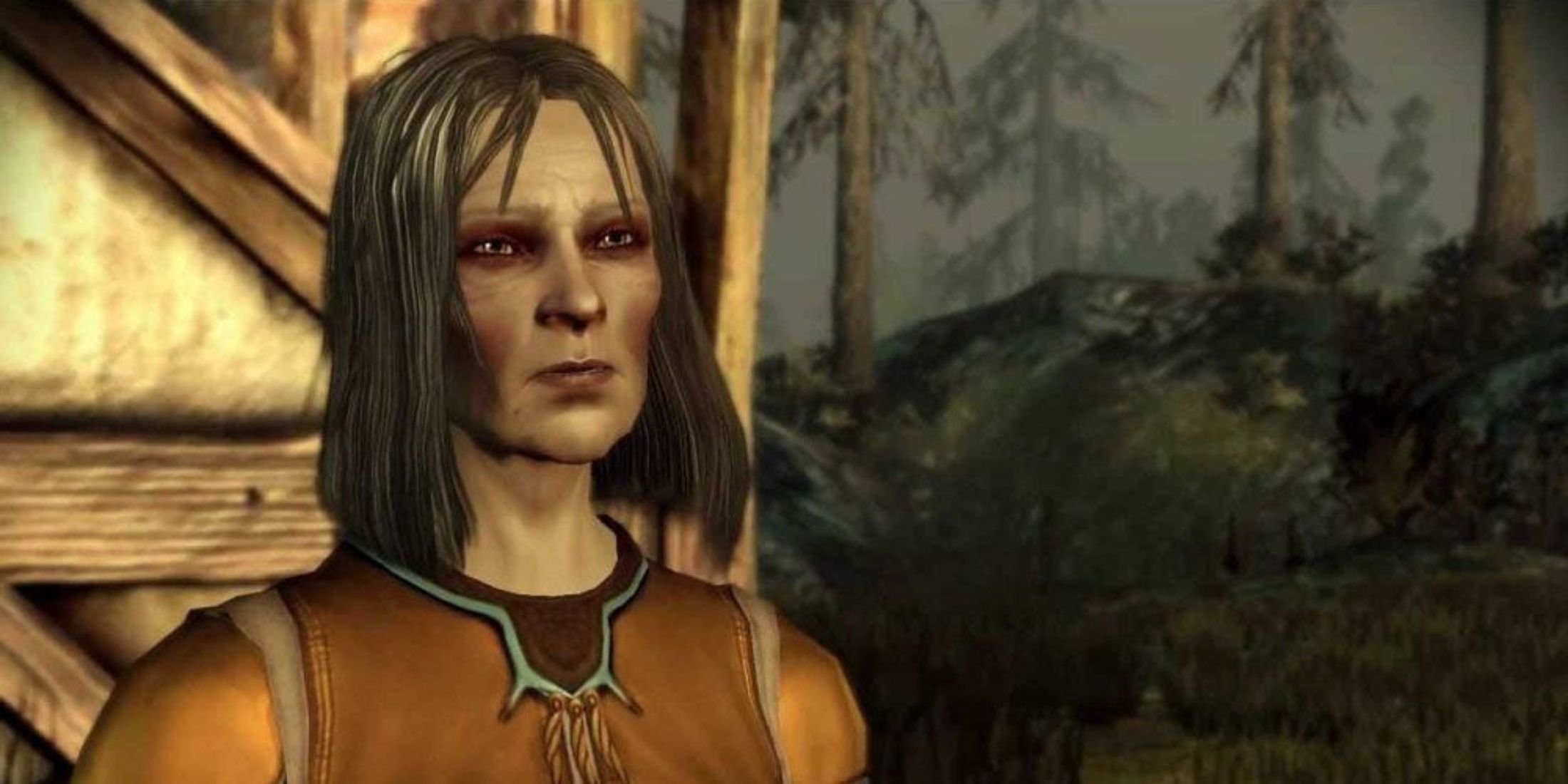
At a point when tactical Western RPGs weren’t as popular as they were in the 1990s, Dragon Age: Origins updated the formula by combining intricate storytelling with gameplay that stayed relatively accessible. BioWare referred to the game as a spiritual successor to Baldur’s Gate, and the first Dragon Age borrowed several design concepts from that renowned PC game, emphasizing party management, tactical pauses, and impactful dialogue options.
The game, set in a dark fantasy world, placed great emphasis on the dynamics between companions and the protagonist, making the formation of friendships an interesting experience. By focusing on relationships, along with critical decisions and multiple outcomes, Dragon Age: Origins established an enduring impact, and even today, it continues to be considered one of the best representations of the western role-playing genre.
8. World Of Warcraft
Still One Of The Major References To MMORPGs
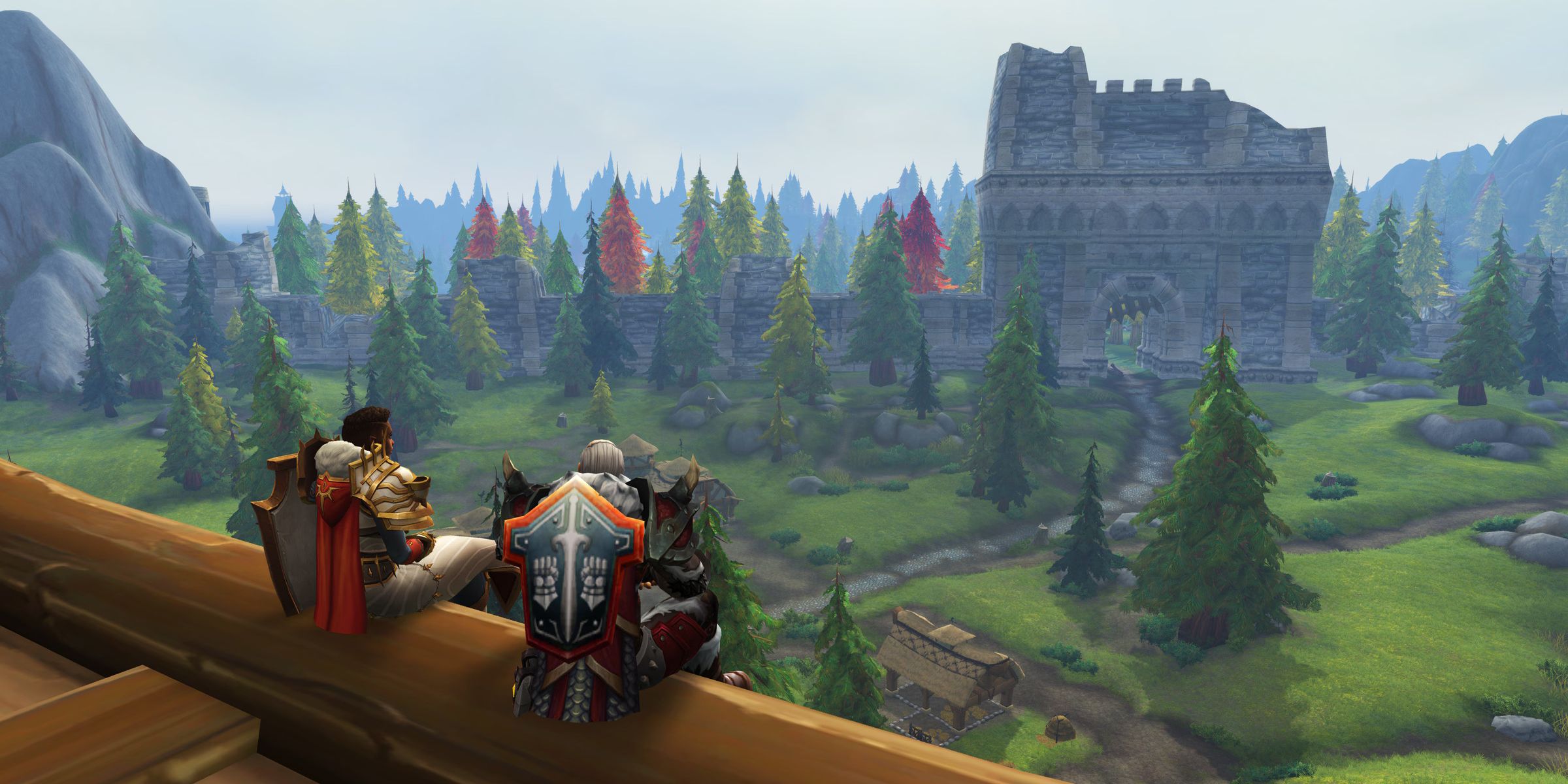
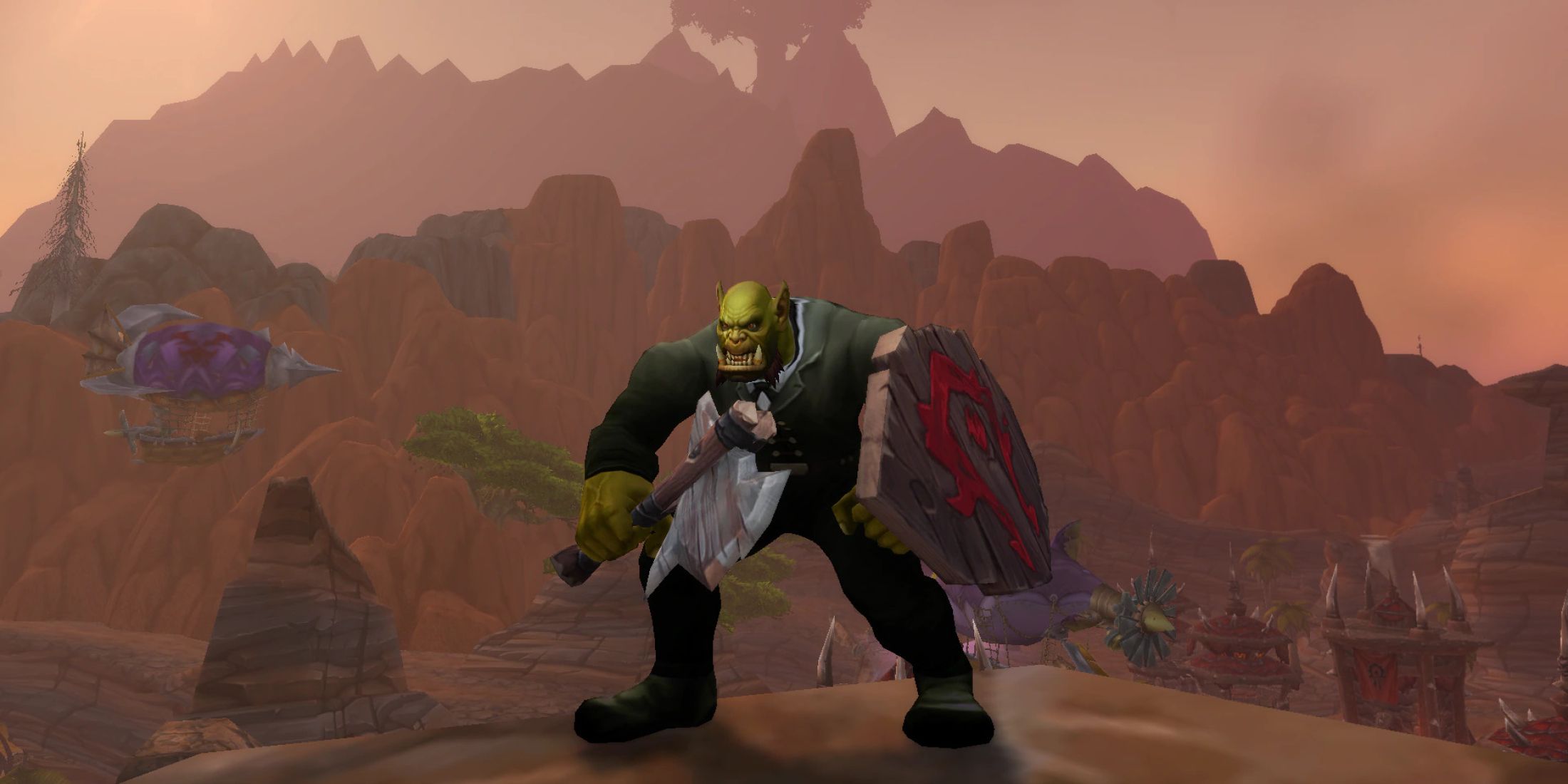
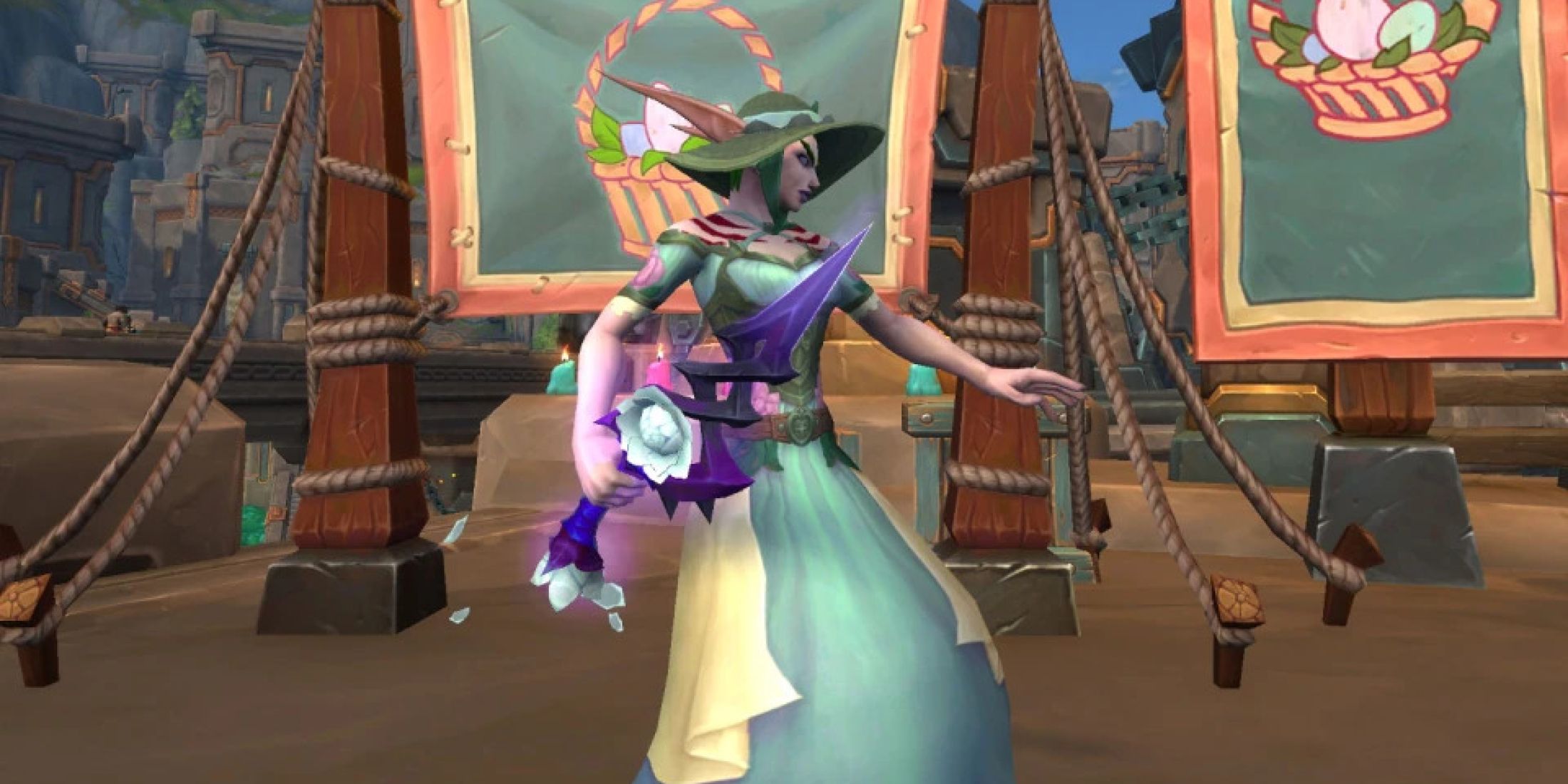
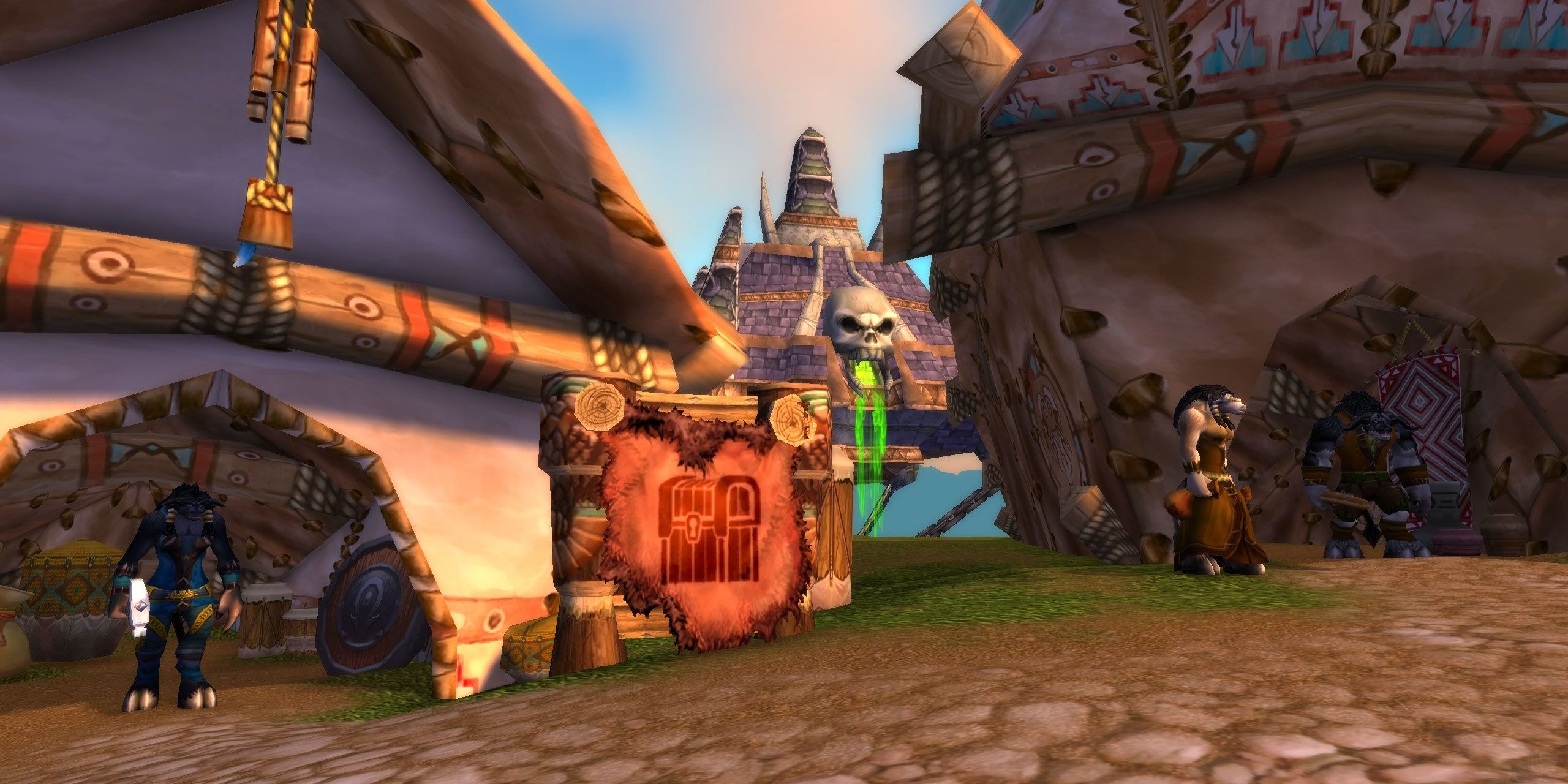

Ever since its introduction in 2004, World of Warcraft significantly transformed the MMORPG landscape, emerging as one of its most prominent sensations. Every subsequent release has had to take its design into account. The game built upon insights from earlier online games such as EverQuest and Ultima Online, incorporating a quest-based progression system and instanced dungeons which eliminated conflicts over bosses, offering each party a unique version of the challenge and making it easier for less frequent players to join in on the adventure.
As a gamer, I can’t help but marvel at the sheer scale and style of “World of Warcraft.” Its consistent updates keep things fresh, while its robust social systems make it feel like an ever-evolving community. The game has reached unprecedented heights in popularity, drawing MMORPGs into the limelight.
By catering to both newcomers and seasoned veterans, “World of Warcraft” raised the bar for the genre and continues to be hailed as the most impactful MMORPG ever crafted and a defining title in the industry’s history.
7. Star Wars: Knights Of The Old Republic
RPG Achieved Major Success On Consoles
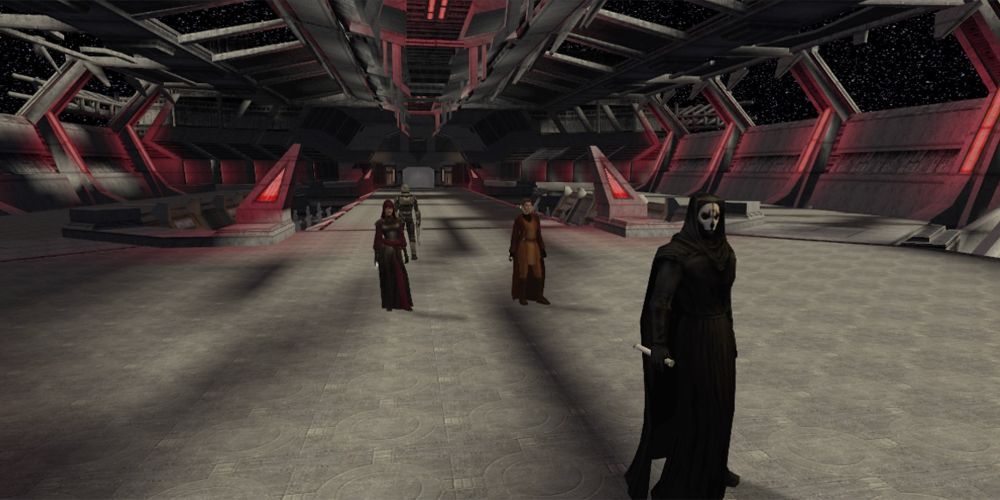
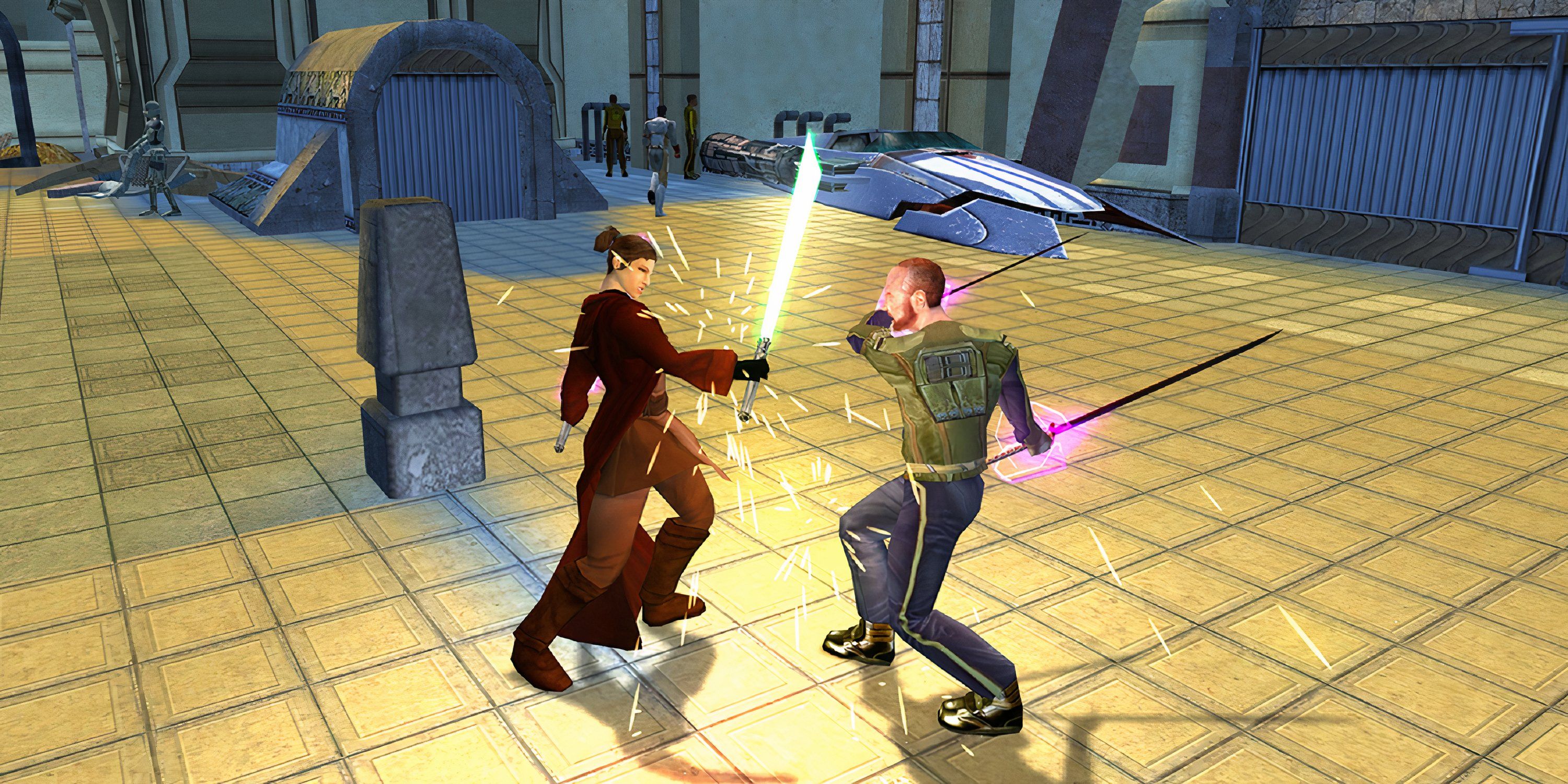
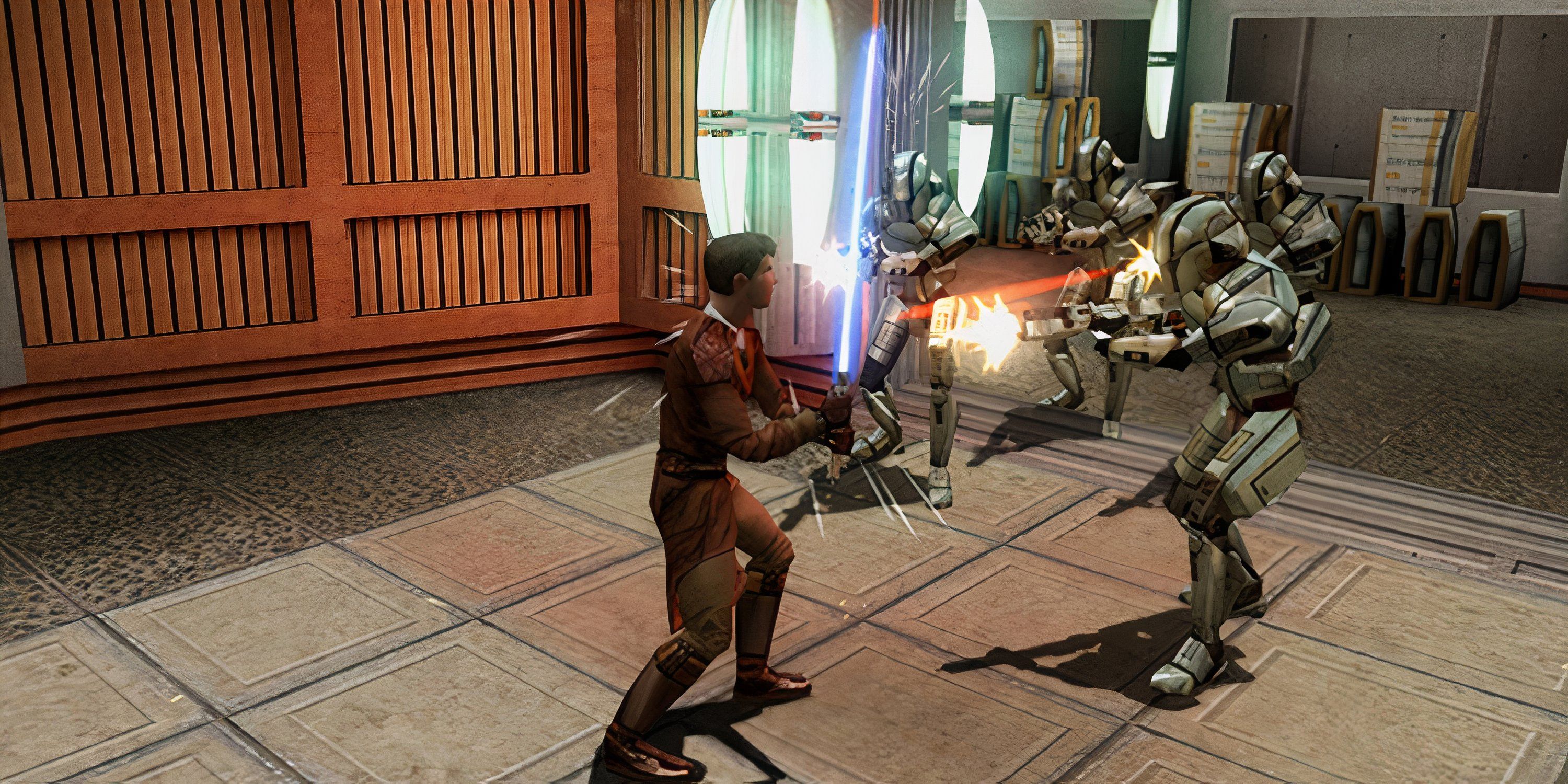


In the early 2000s, most role-playing games (RPGs) in the West were primarily for PC use because they had steep learning curves, complicated menus, and intricate controls, making them less accessible on other platforms. However, games such as Morrowind and Star Wars: Knights of the Old Republic challenged this notion by achieving success on consoles, demonstrating that Western RPGs could also prosper on different systems.
Above all, the game Star Wars: Knights of the Old Republic significantly impacted the storytelling trajectory of future role-playing games (RPGs). With its cinematic narrative, high-quality cutscenes, and deep emotional resonance, it raised the bar for RPG storytelling. Additionally, this game introduced captivating companions with rich background stories, which influenced how party members were developed in subsequent RPGs, contributing to more immersive gameplay experiences.
6. Deus Ex
Title Combined RPG With FPS And Stealth Elements
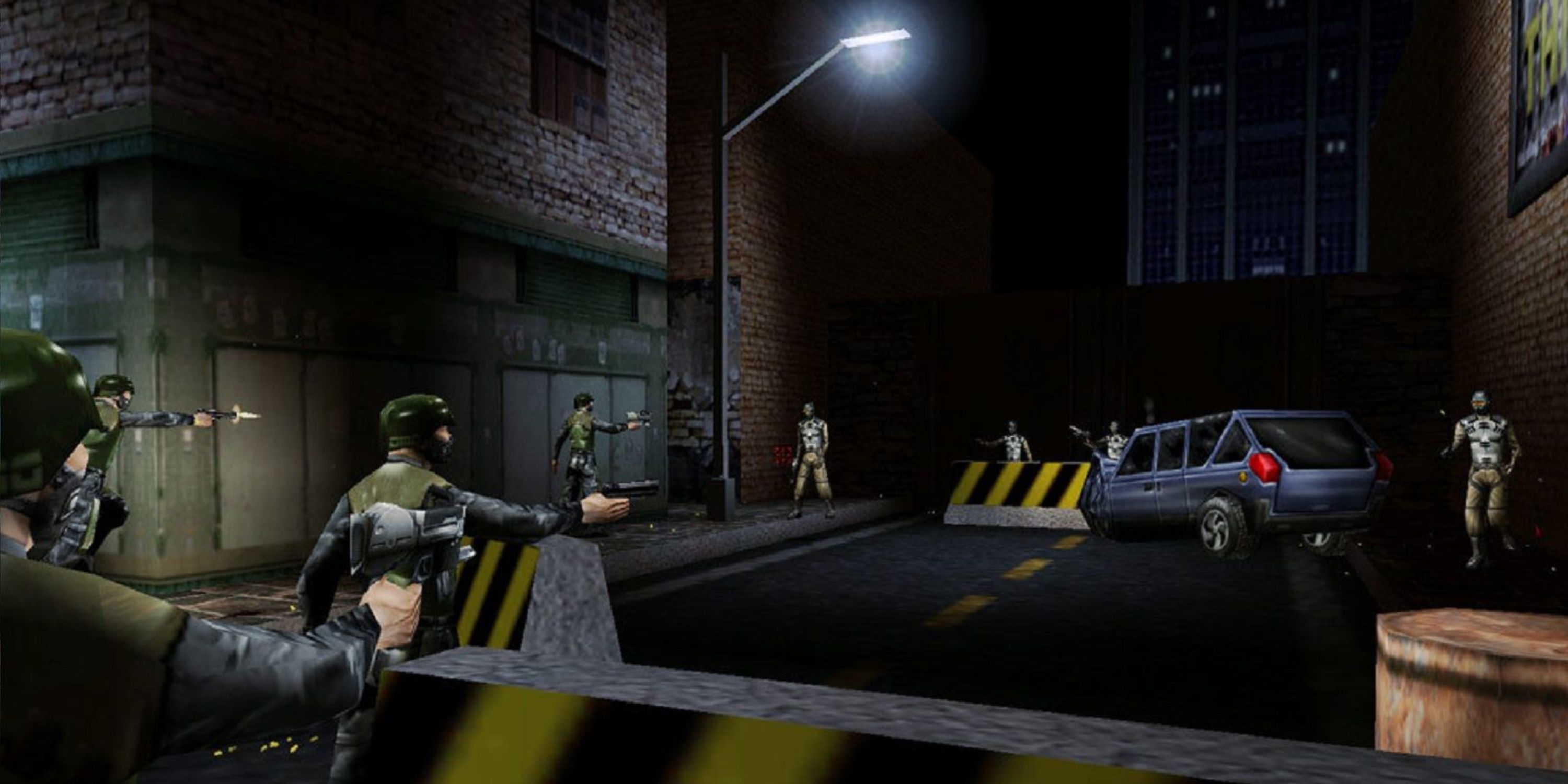
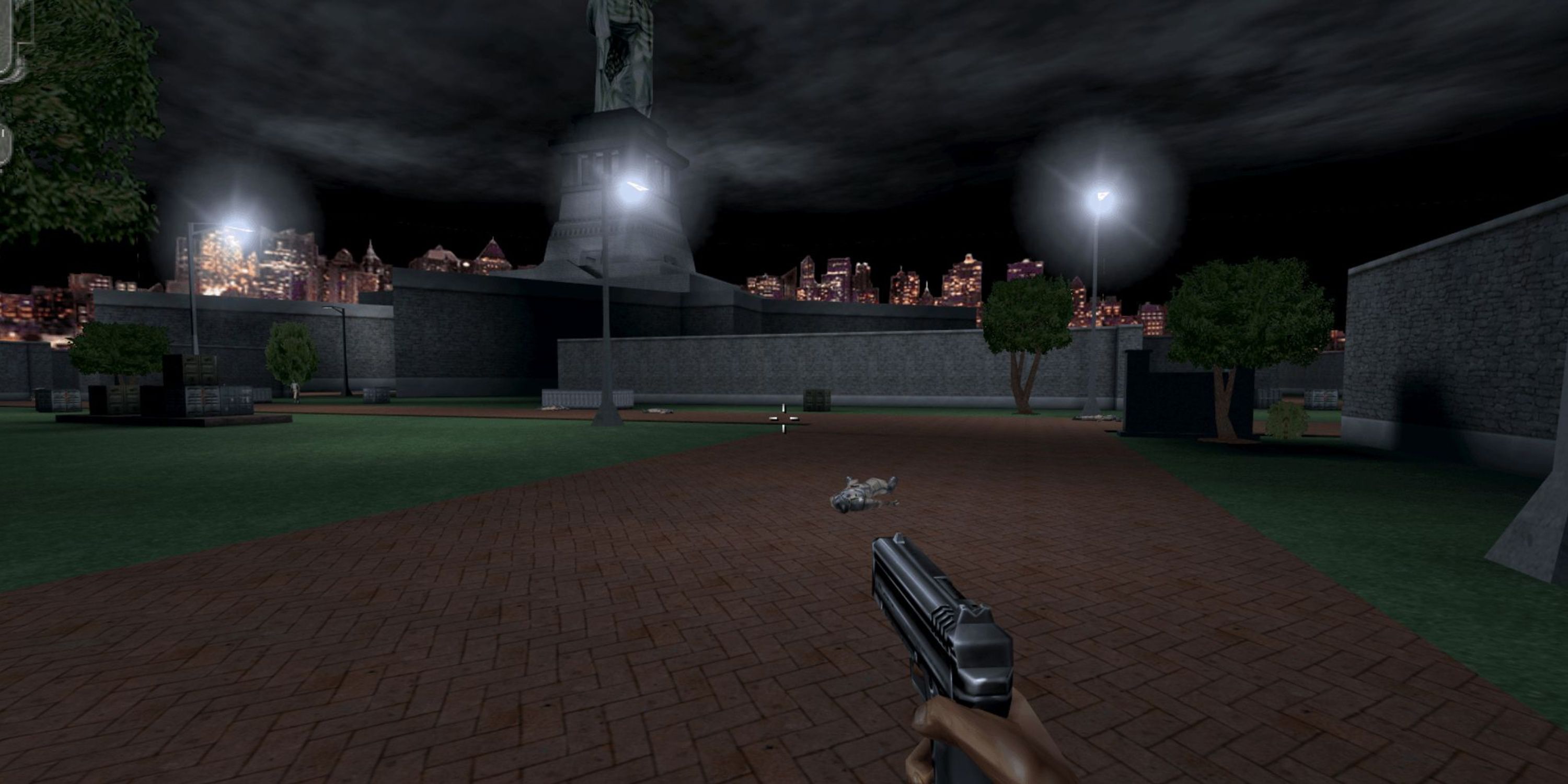


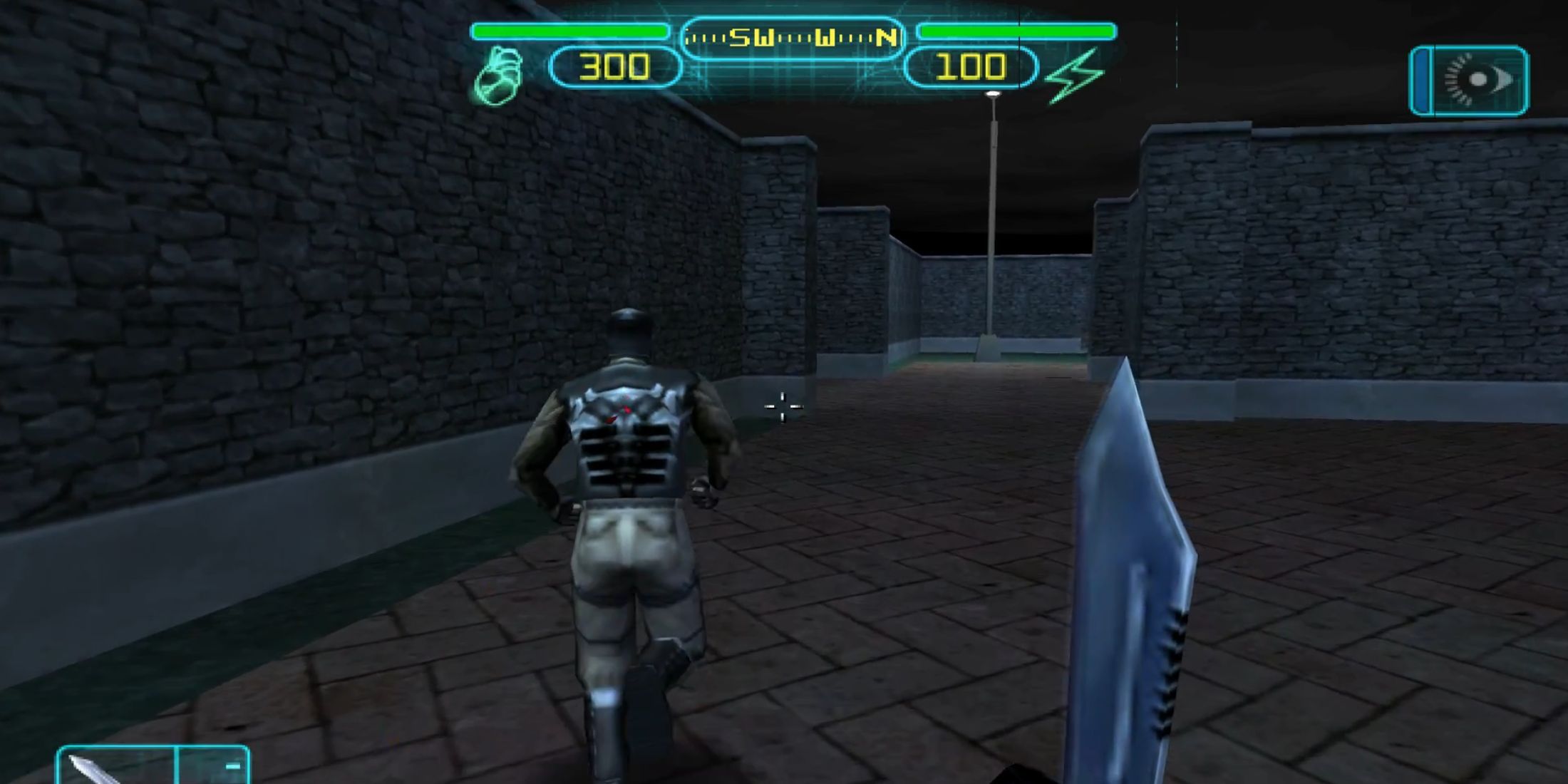
Remarkably innovative, Deus Ex stands out as one of the best role-playing games due to its unique blend of RPG complexity with mechanics found in first-person shooter and stealth genres. Players were given the freedom to confront enemies head-on, sneak past undetected, or manipulate systems from afar through hacking. The game’s design seamlessly accommodated these choices, offering rewards for creative problem-solving and encouraging multiple playthroughs to unearth various possible conclusions.
The game adopted a flexible mission approach, showing that player decisions aren’t limited to conversation options; they can also influence the immediate action. This perspective paved the way for immersive sims, a genre emphasizing freedom within systems, and “Deus Ex” remains an influential example for designers even today.
5. Diablo
Game’s Release Set Multiple Pillars For Action RPGs
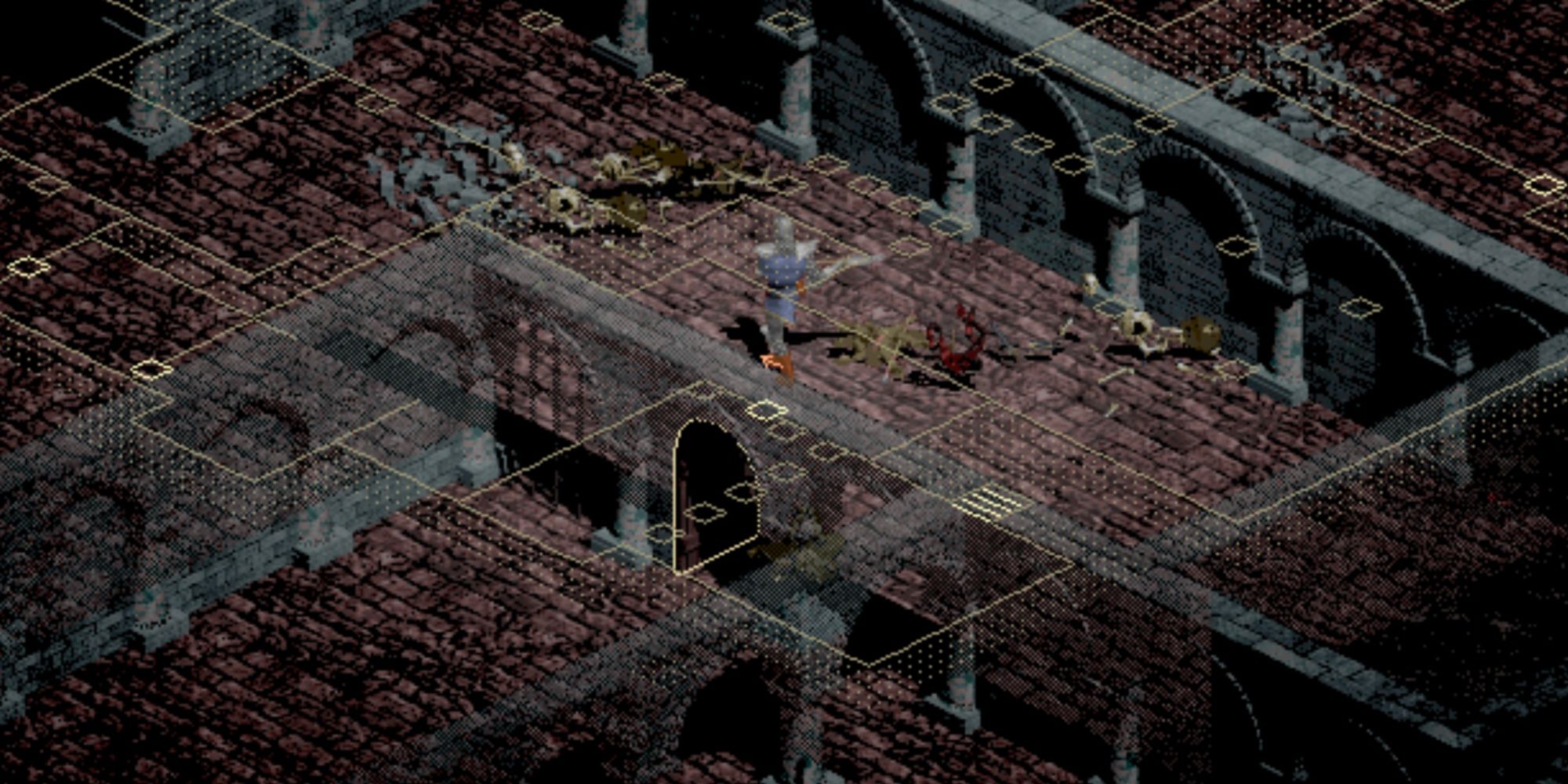
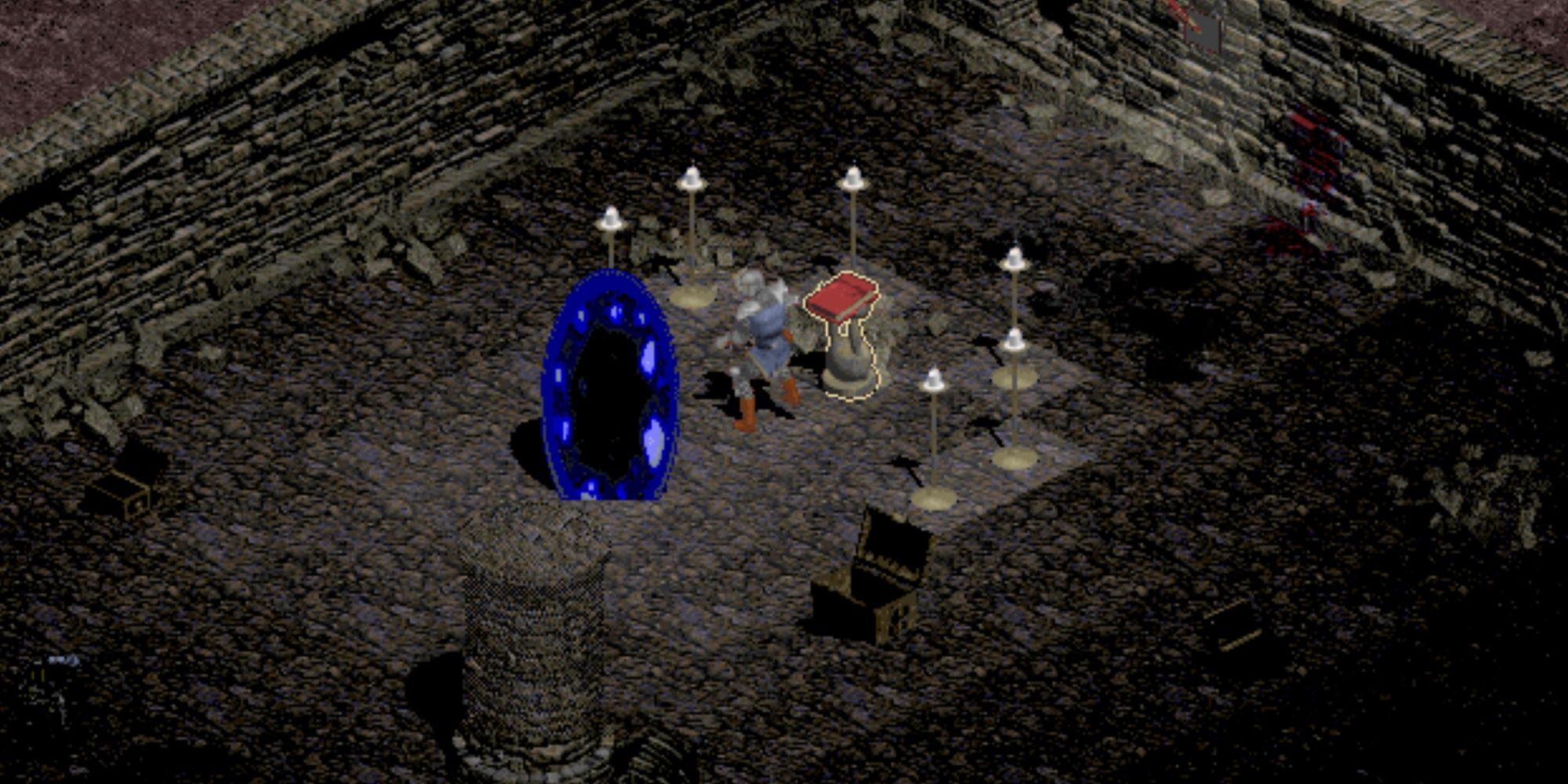
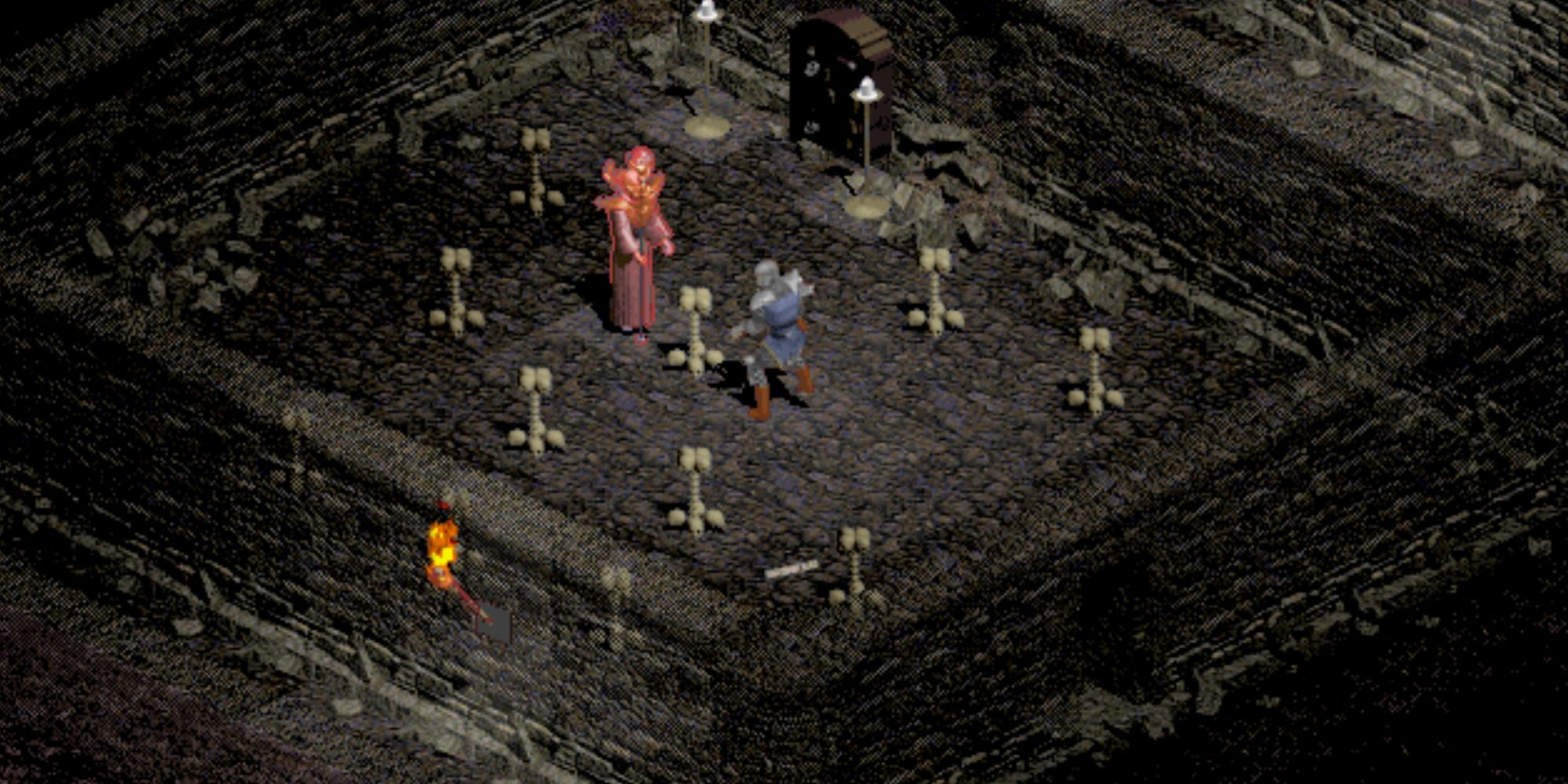
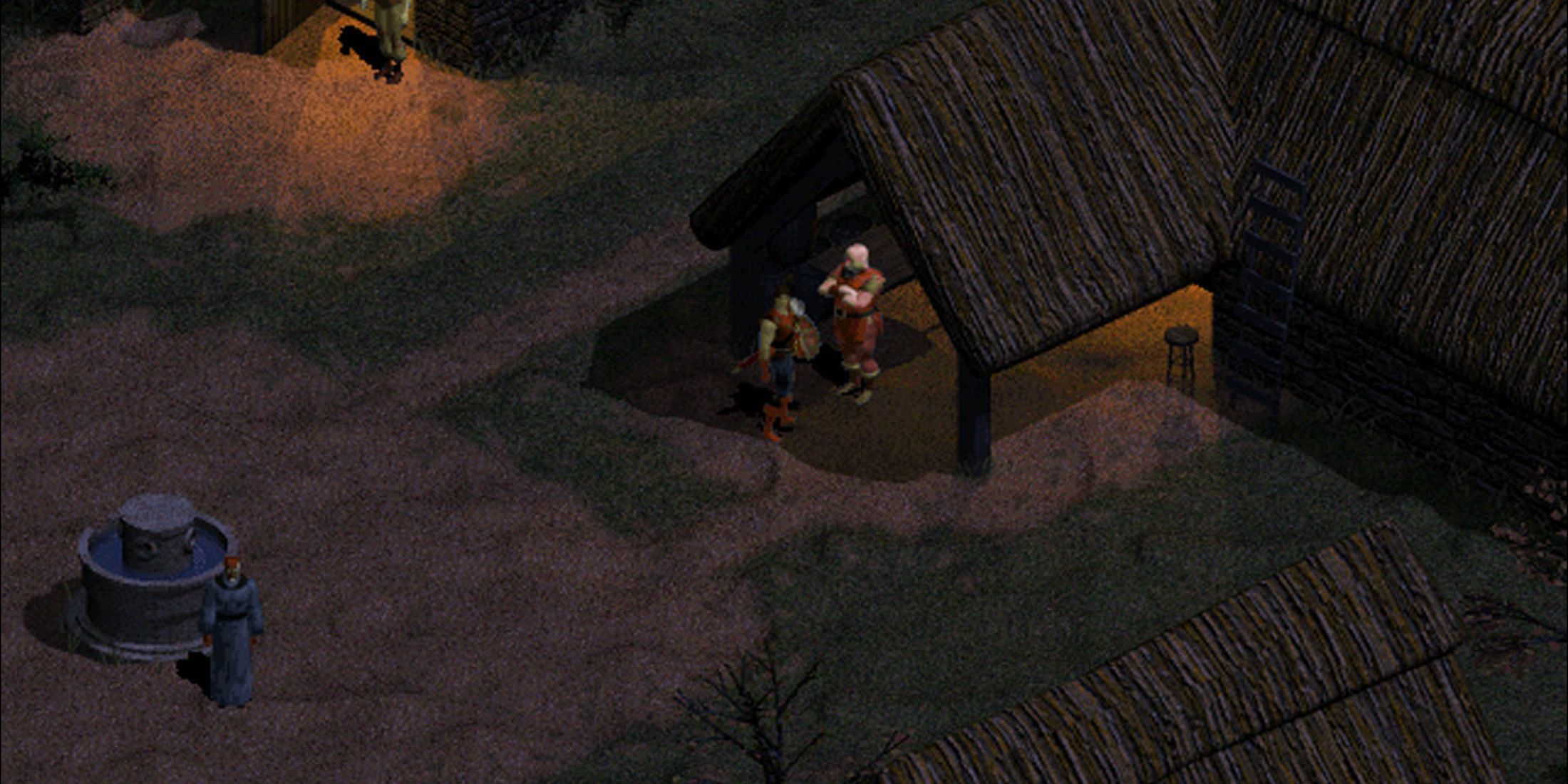
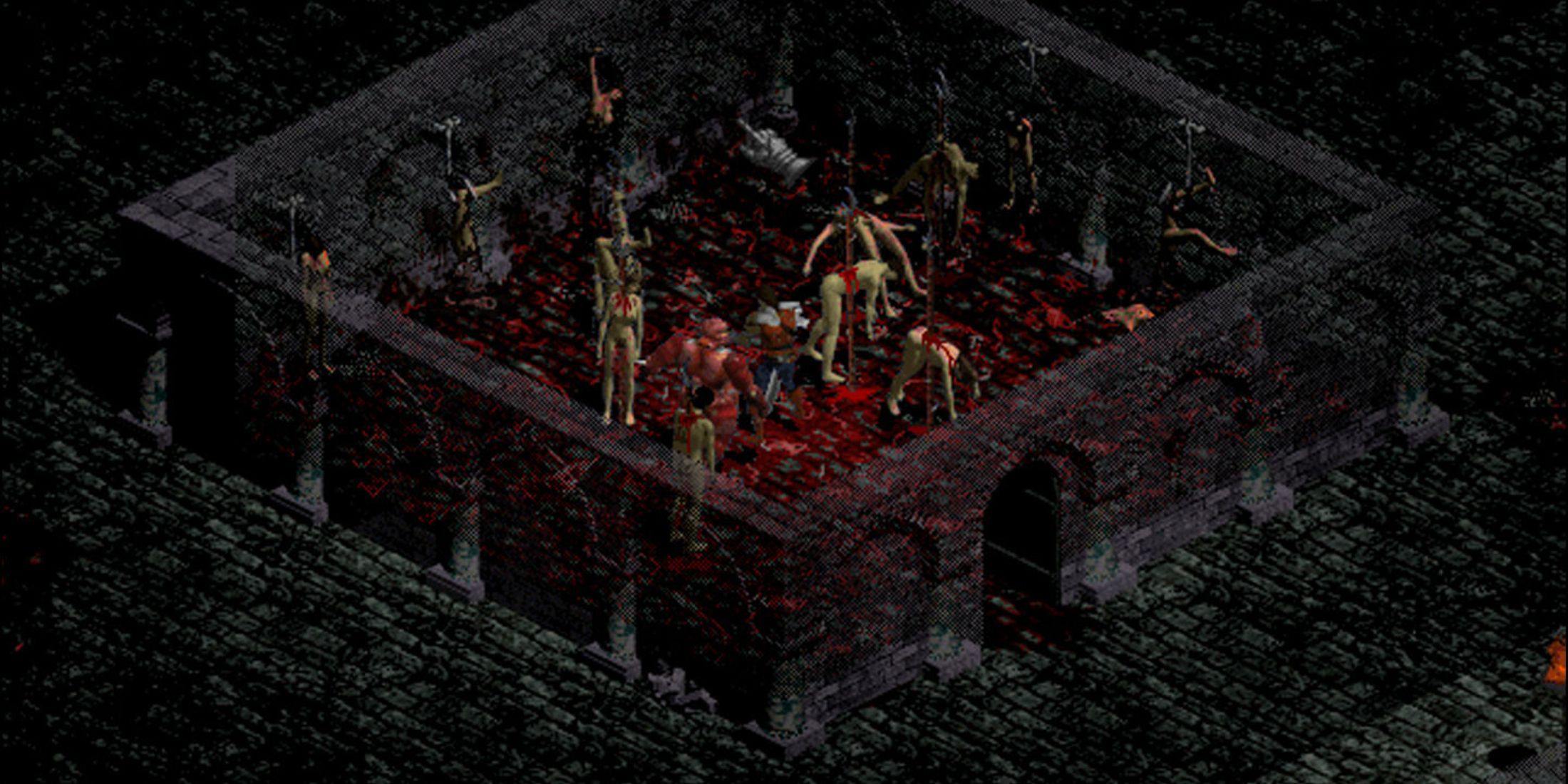
Despite deviating from traditional structure, Diablo’s hack-and-slash gameplay laid the foundation for the action-RPG subgenre by blending engaging combat with substantial depth. This combination has been instrumental in shaping contemporary releases, and its addictive mechanics, featuring swift battles, dungeon exploration, and continually upgraded loot, have captivated players globally today.
In gaming, a distinct subgenre called “Diablo-like” has emerged, drawing from the original’s gameplay mechanics and isometric viewpoint to provide a familiar experience for both newbies and seasoned players. Many contemporary games echo its fast-paced action, emphasis on loot, and immersive perspective, underscoring how Diablo set precedents that are now fundamental to the genre and influence the development of new titles across various platforms.
4. The Elder Scrolls 3: Morrowind
Game Influenced Both Western RPGs And Open Worlds
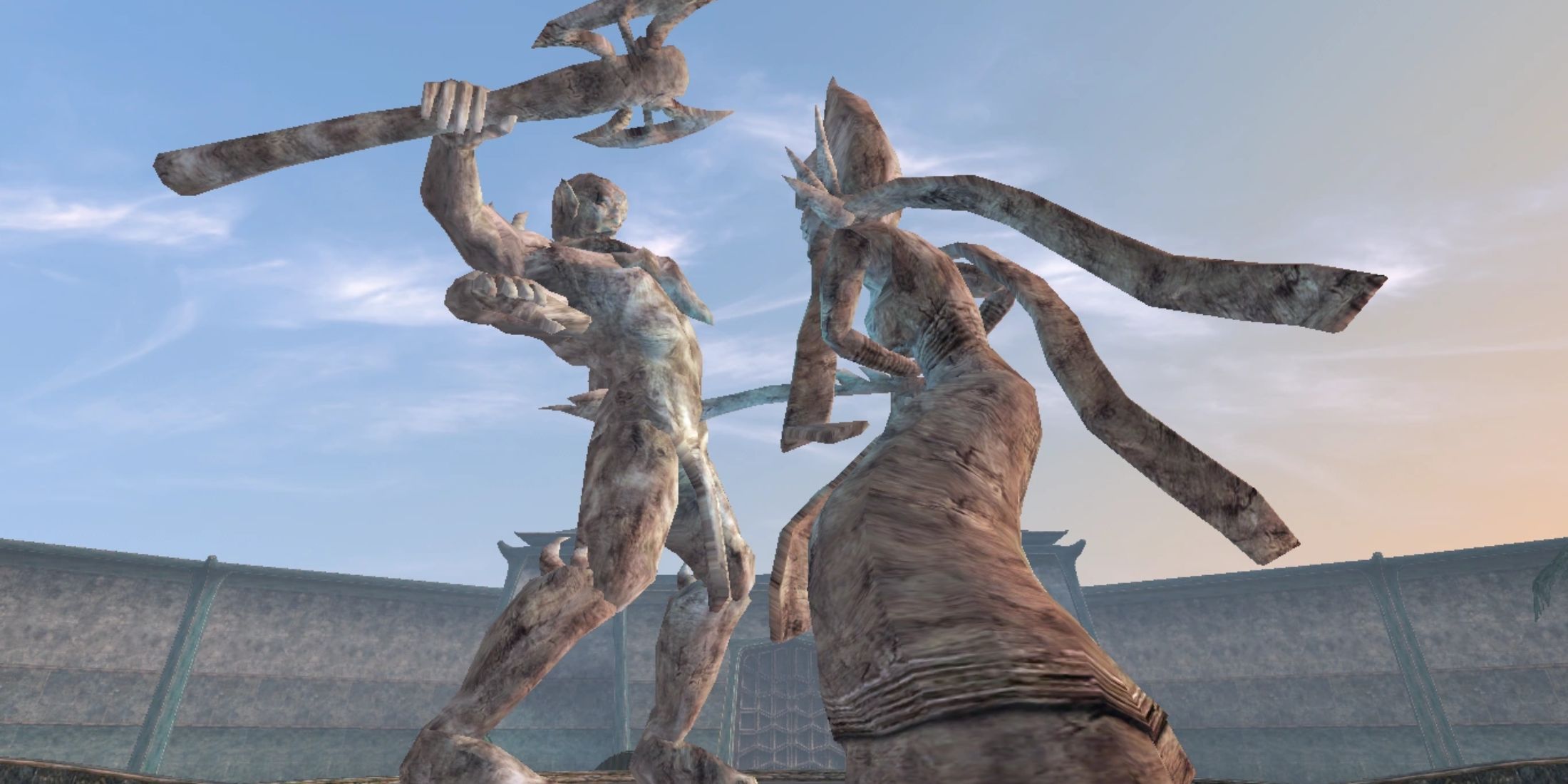
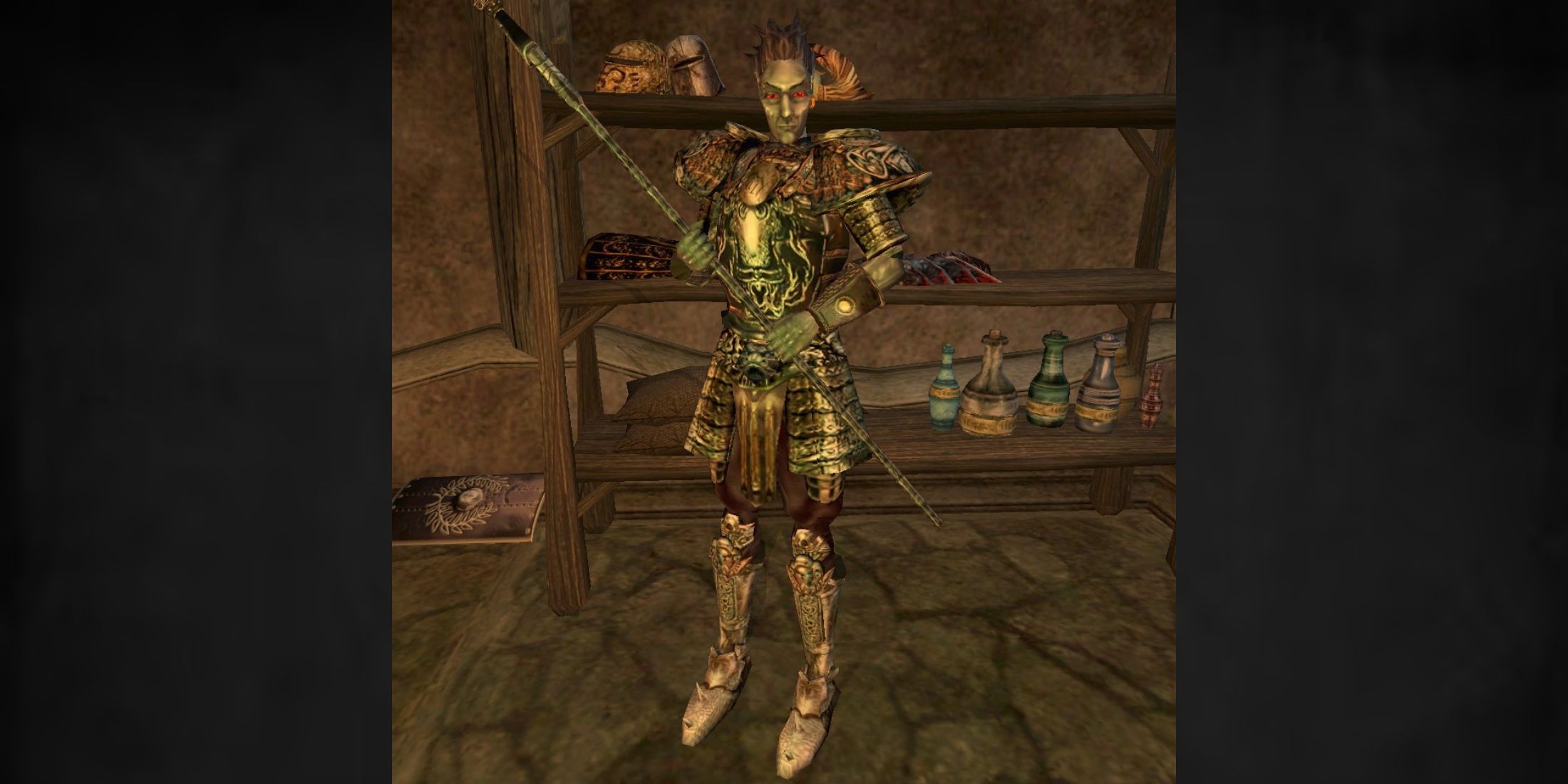
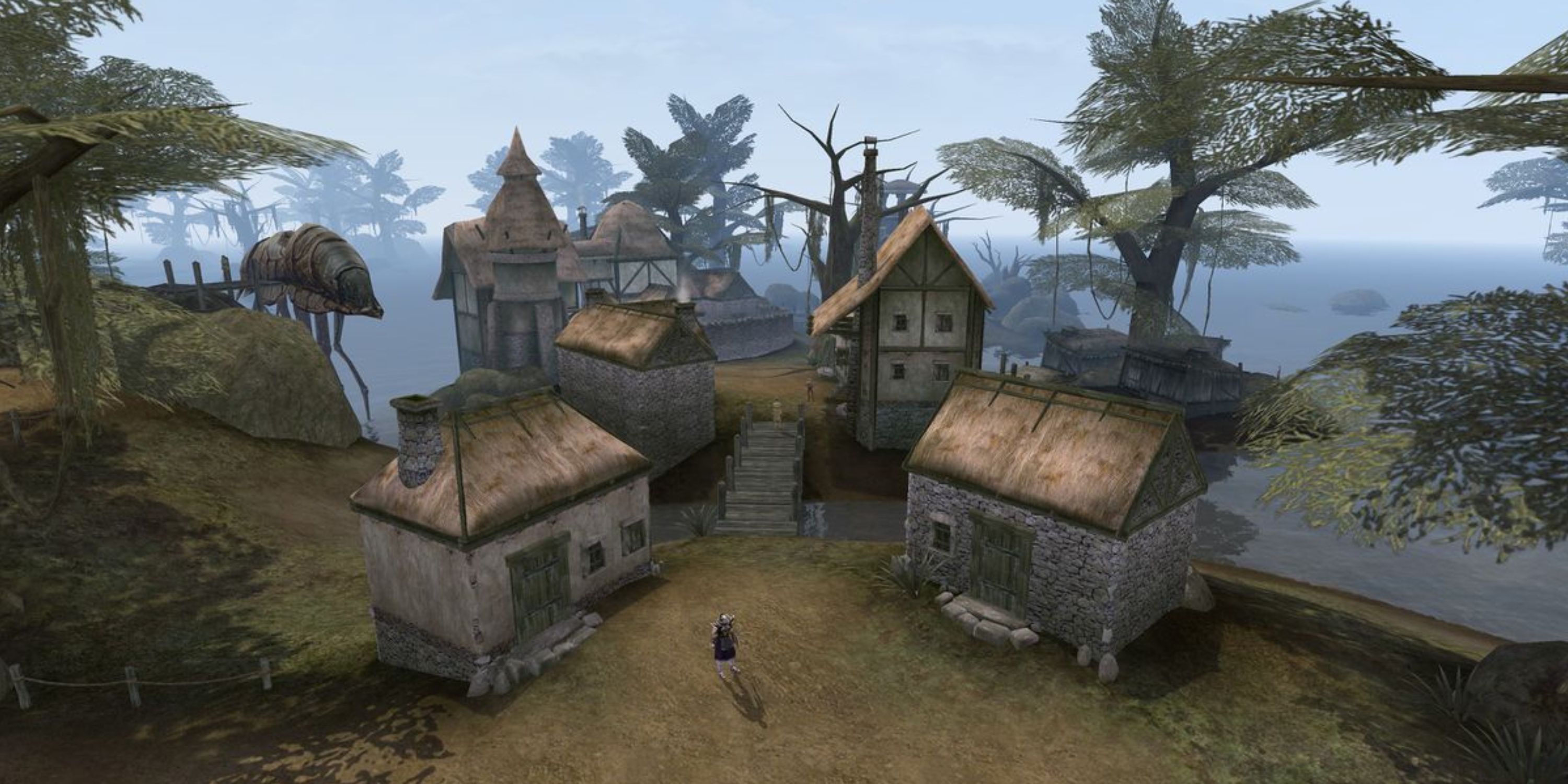
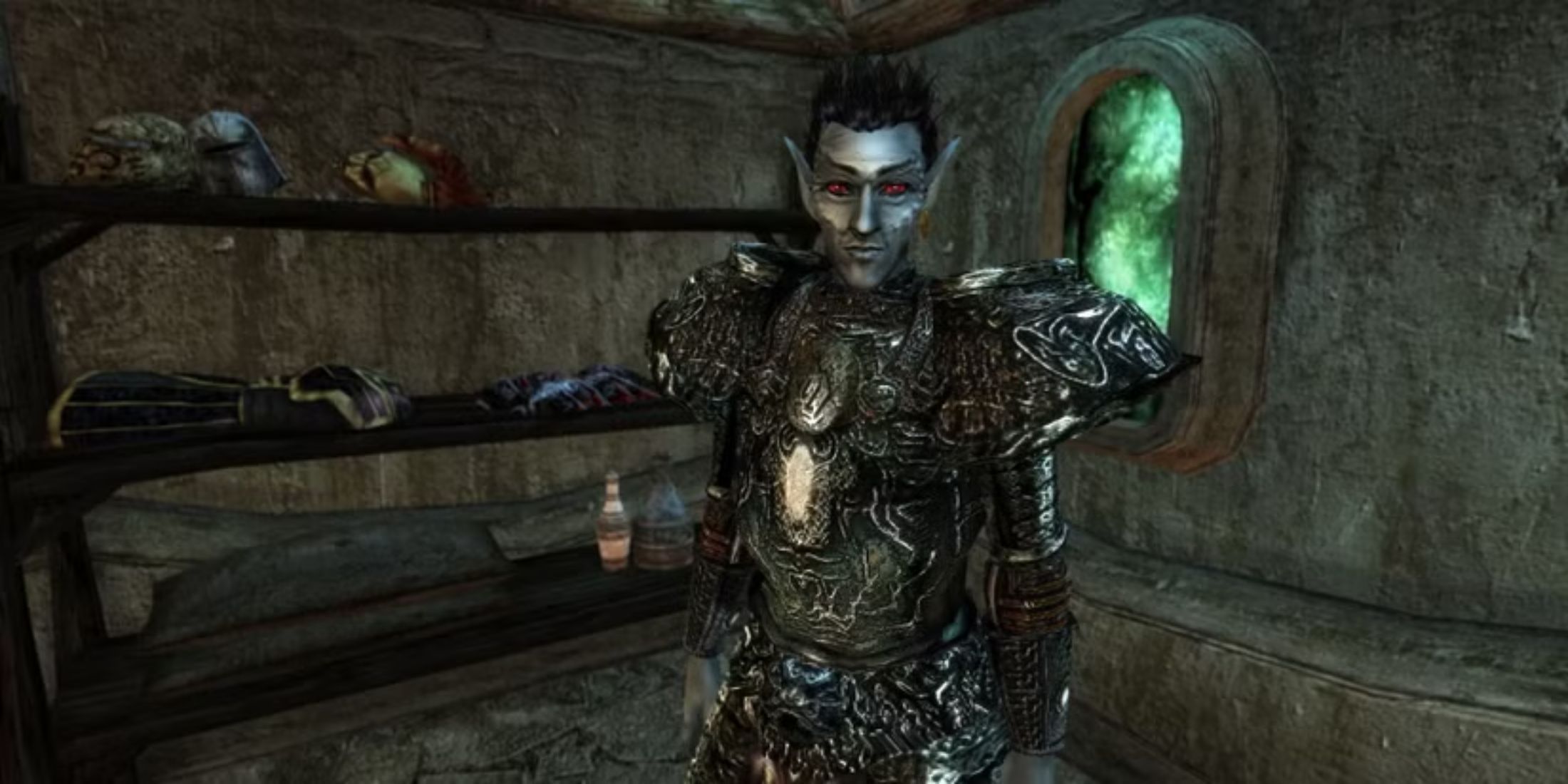
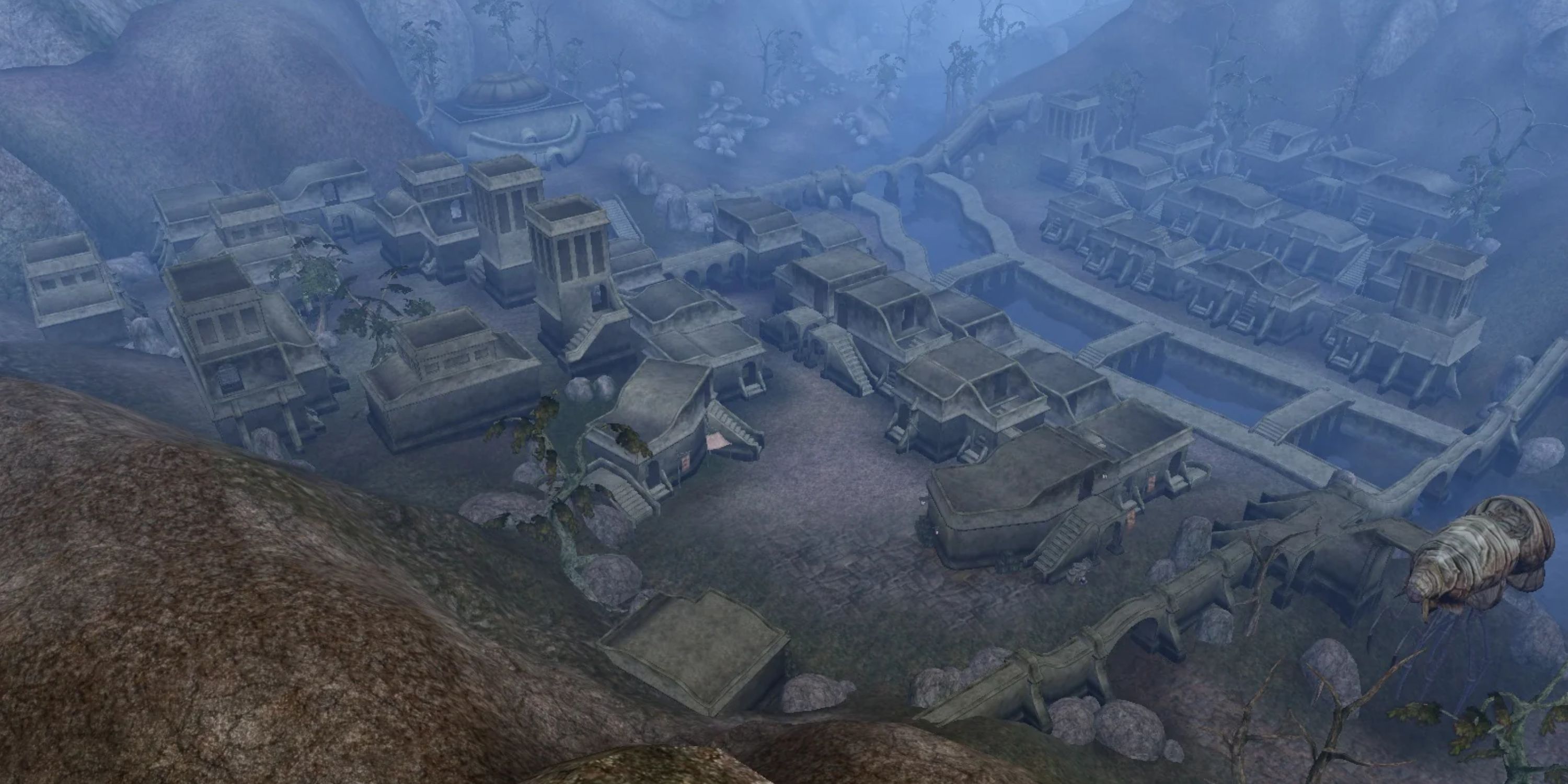
The 2002 debut of Morrowind marked significantly more than just an expansion for the Elder Scrolls series; it redefined design principles for both Western RPGs and open-world games, setting new standards. It offered unparalleled freedom, enabling players to tackle quests in any manner they preferred, traverse distant lands at leisure, or even bypass the main storyline altogether in favor of an abundance of side content readily accessible from the game’s outset.
Moving away from the typical European-medieval themes of the time, the game offered a unique setting teeming with complex factions and hints of Lovecraftian atmosphere that continued to enthrall explorers. This daring design inspired other developers to reconsider their settings and narratives, motivating them to break free from genre stereotypes and create worlds deeply rooted in authentic cultures and original storytelling styles that remain captivating even today.
3. Fallout
The First Fallout Remains One Of The Most Influential Western RPGs
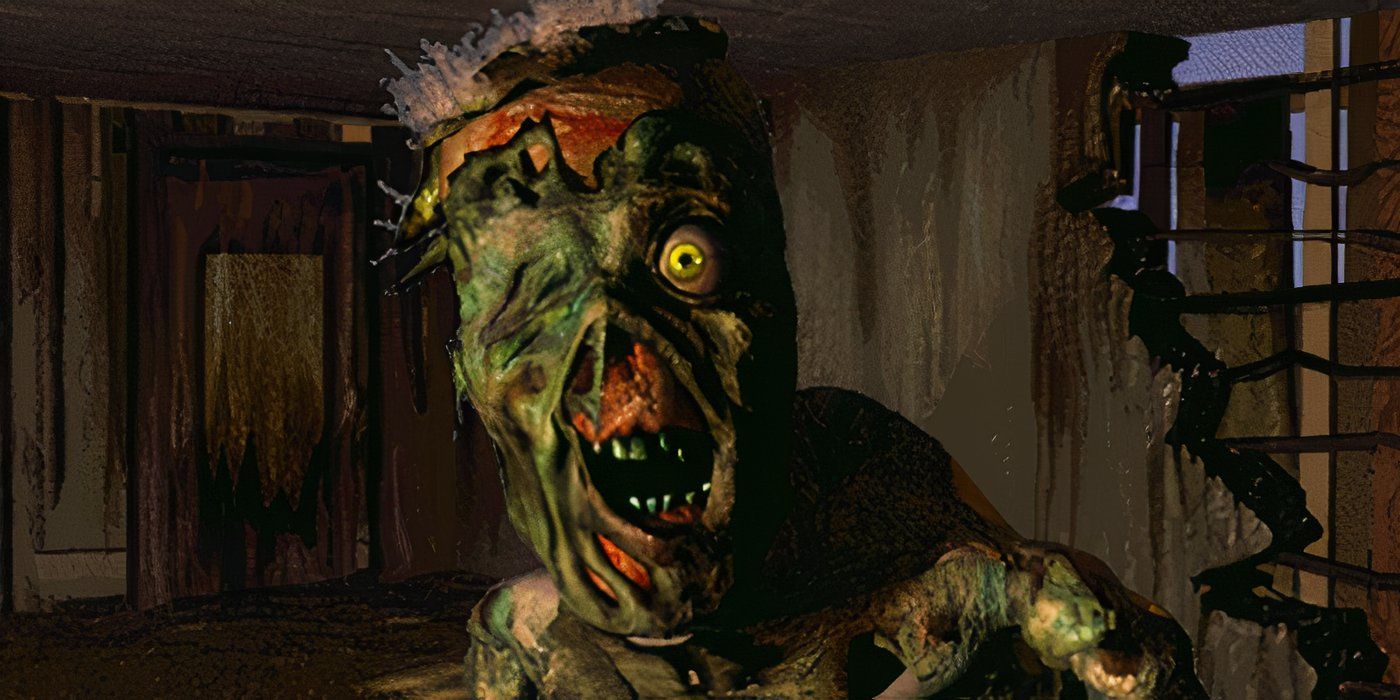
![]()
![]()
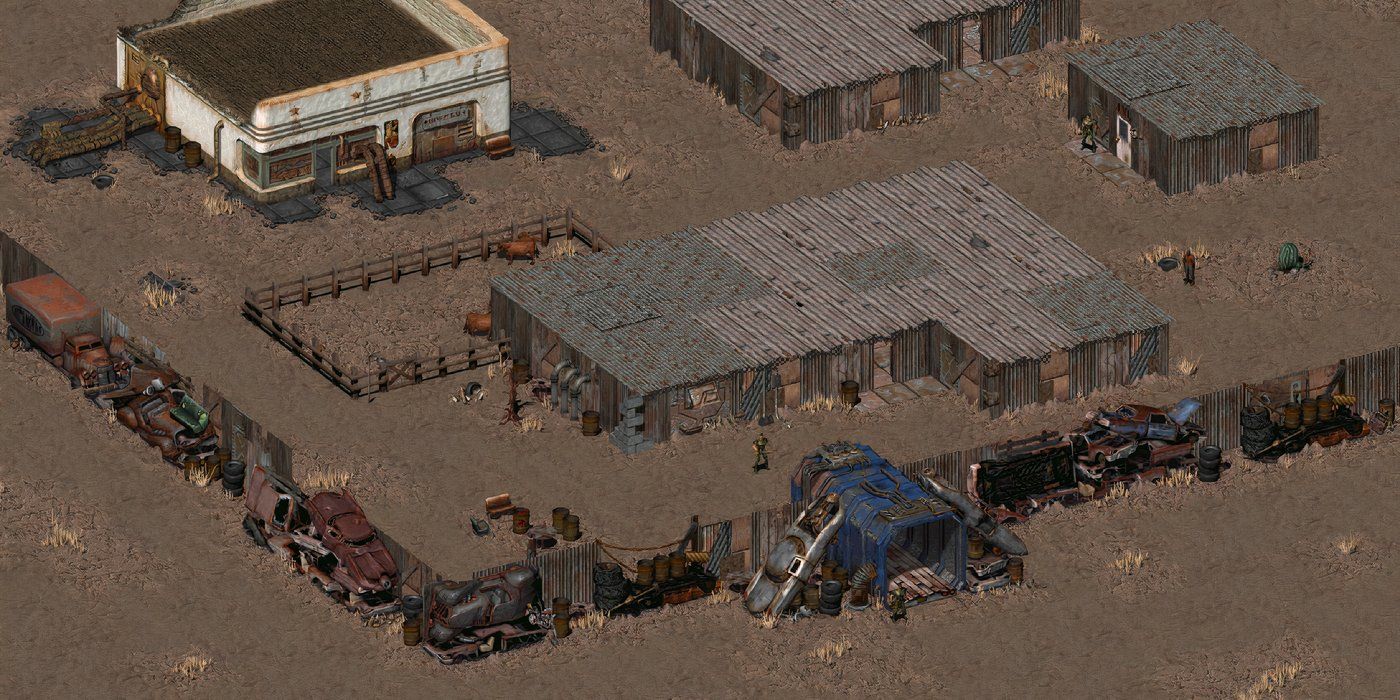
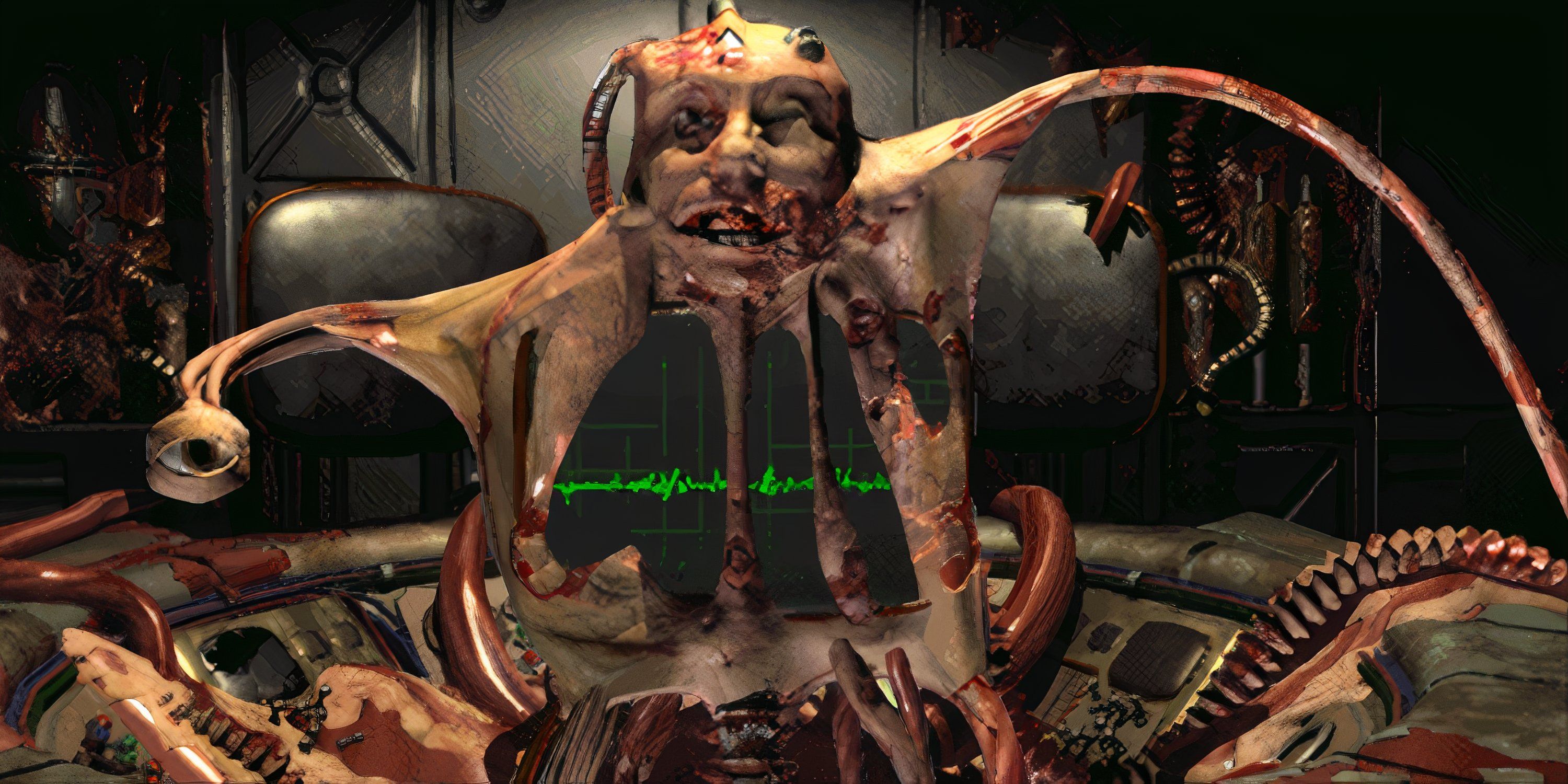
The initial release of “Fallout” ignited one of the genre’s most renowned series, setting design foundations that numerous RPGs subsequently embraced, notably its emphasis on player autonomy. A comprehensive moral-decision system had tangible effects within the narrative, providing various solutions to resolve similar conflicts and demonstrating that storytelling guided by decisions could harmonize with character advancement and tactical planning for enthusiasts.
The focus on interactive storytelling and responsive game environments led Western role-playing games to offer intricate stories with multiple paths, which were determined by the problem-solving decisions made by players. The initial game’s post-apocalyptic backdrop sparked a flurry of science fiction titles over the years, demonstrating how a desolate future could serve as a vibrant setting for deep exploration, survival challenges, and groundbreaking technology in both gameplay and narrative.
2. Baldur’s Gate
The Western RPG With Broad Influence Across The Genre
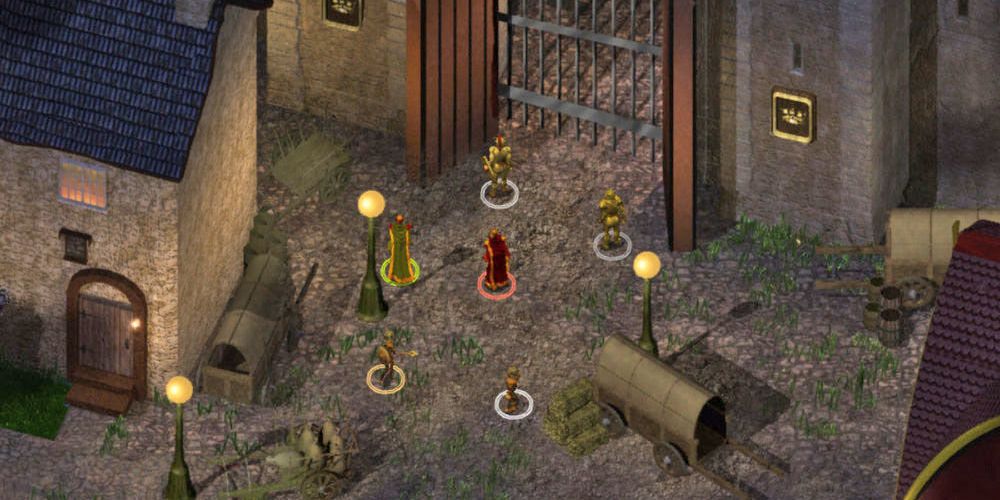
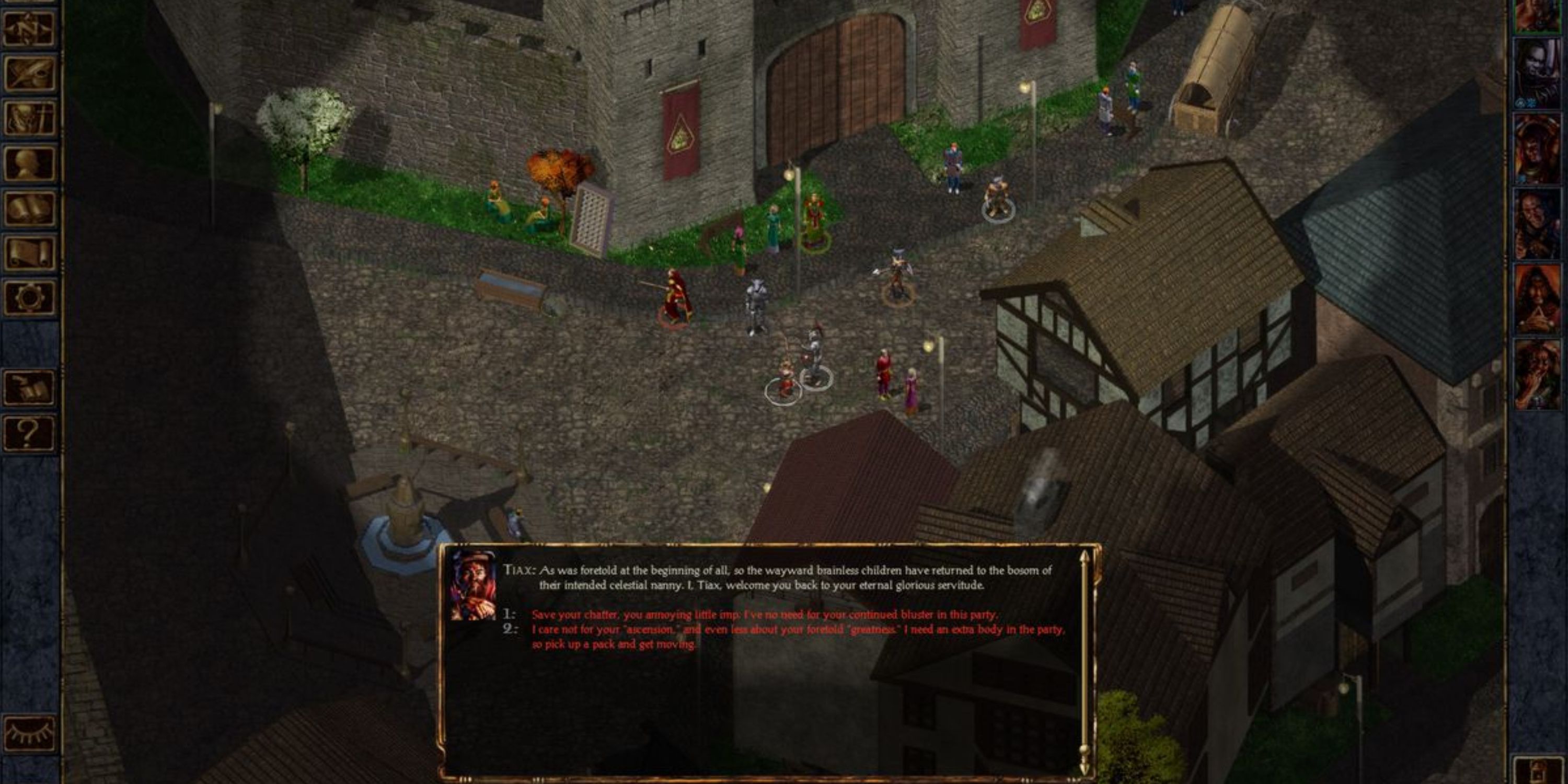
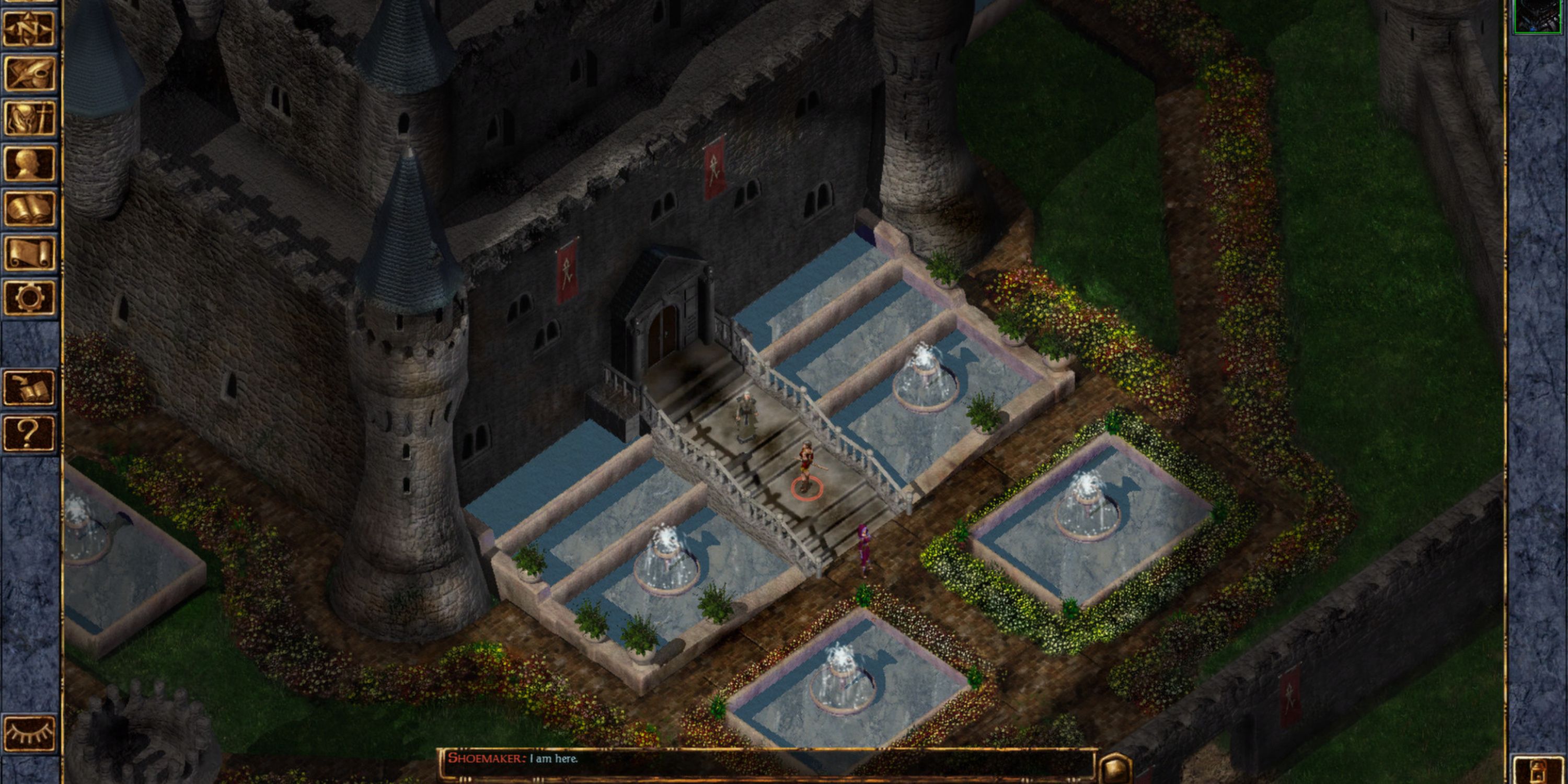
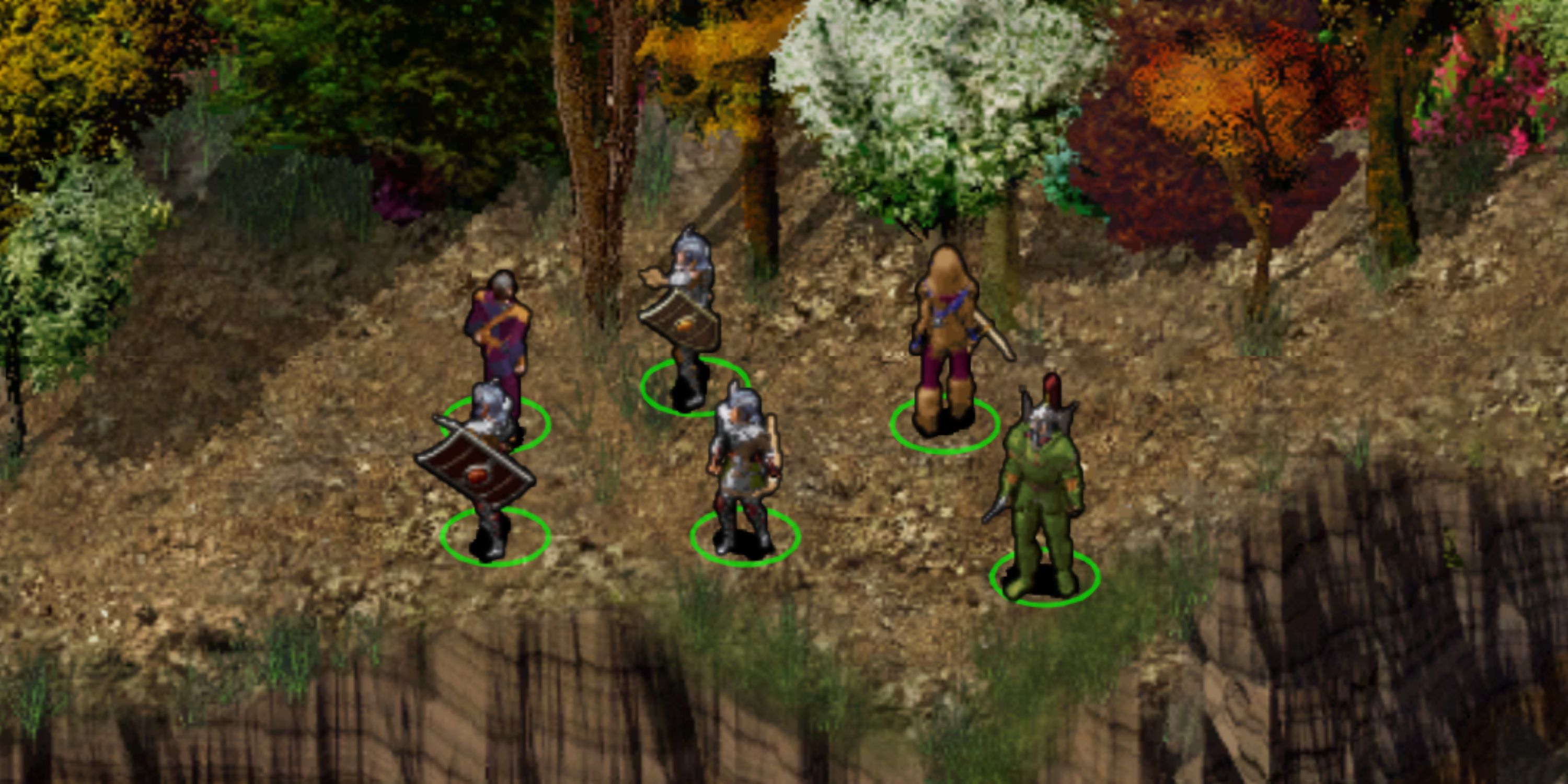
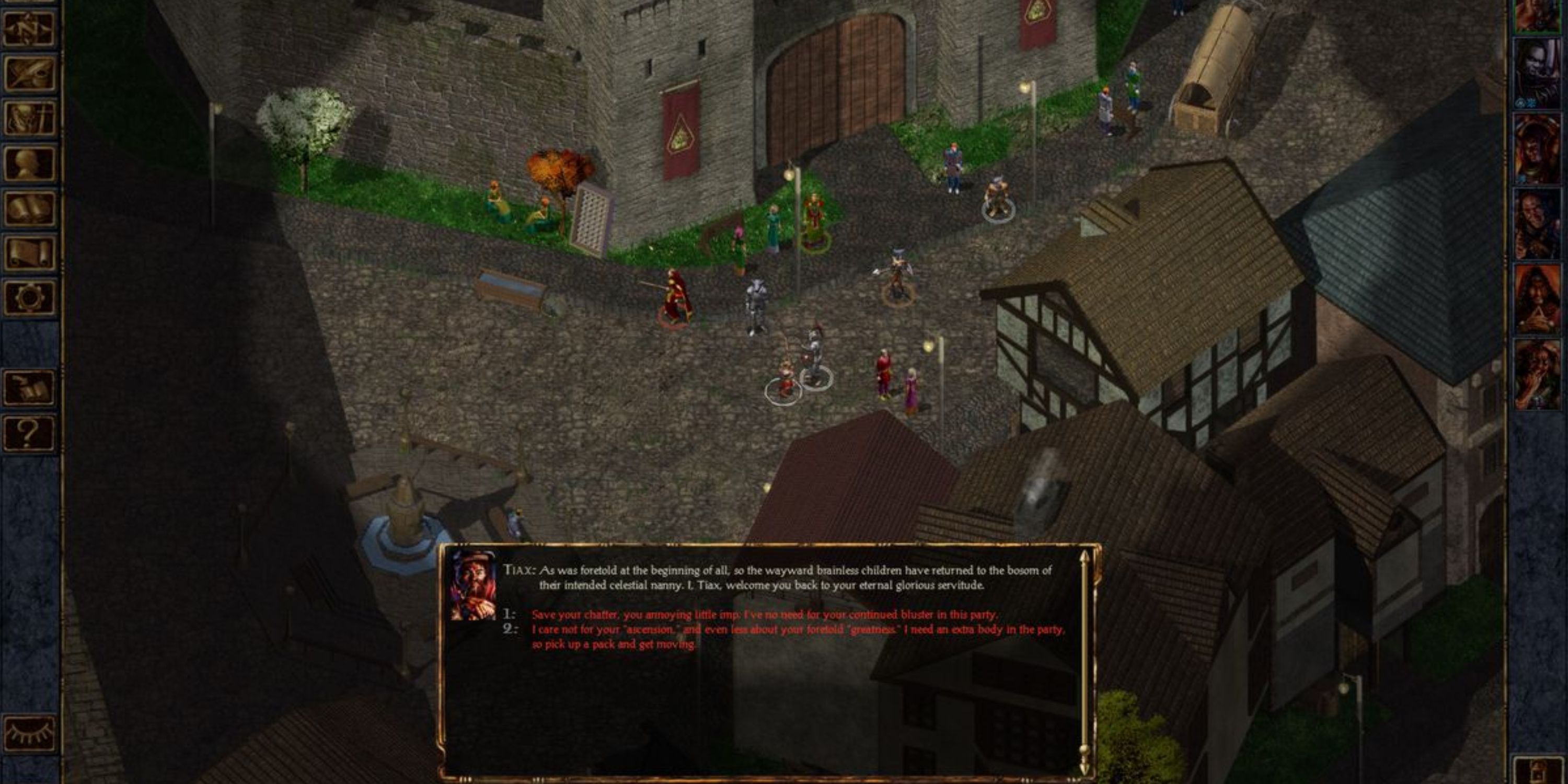
The initial PC version of Baldur’s Gate signified a significant shift in the video game industry, earning its place among the most impactful Western Role-Playing Games ever made. This groundbreaking launch introduced the Infinity Engine, powering many successful titles like Icewind Dale and Planescape: Torment, and cementing BioWare as a dominant player in the RPG genre.
Nevertheless, the impact of Baldur’s Gate transcends its technical advancements. Its intricate storytelling, captivating characters, and interactive dialogue have been instrumental in shaping a gameplay style that numerous subsequent games have endeavored to emulate. In conjunction with Fallout, it significantly contributed to the resurgence of CRPG’s popularity, which had experienced a downturn during the 1990s.
1. Ultima 4: Quest Of The Avatar
This RPG Introduced Mechanics That Shaped Future Game Design



![]()

Introduced in the mid-1980s, “Ultima 4: Quest of the Avatar” showcased a nonlinear storyline and an extensive open game world filled with diverse conversations among Non-Player Characters (NPCs). These features were revolutionary for their time. The game established a benchmark for subsequent releases by demonstrating that exploration and dialogue systems could provide depth in role-playing games beyond repetitive combat scenarios, catering to adventurous gamers.
In this reimagined tale, the central focus was on the protagonist’s ethical development, where each action influenced eight specific moral attributes traced throughout their odyssey. Instead of vanquishing an adversary, the main objective became moral awakening. This concept has been further developed and labeled as karma systems and reputation gauges, underscoring how plotlines and game mechanics work together to analyze a character’s values within a virtual universe in a profound manner today.
Read More
- Poppy Playtime Chapter 5: Engineering Workshop Locker Keypad Code Guide
- Jujutsu Kaisen Modulo Chapter 23 Preview: Yuji And Maru End Cursed Spirits
- God Of War: Sons Of Sparta – Interactive Map
- 8 One Piece Characters Who Deserved Better Endings
- Who Is the Information Broker in The Sims 4?
- Poppy Playtime 5: Battery Locations & Locker Code for Huggy Escape Room
- Mewgenics Tink Guide (All Upgrades and Rewards)
- Pressure Hand Locker Code in Poppy Playtime: Chapter 5
- Poppy Playtime Chapter 5: Emoji Keypad Code in Conditioning
- I Used Google Lens to Solve One of Dying Light: The Beast’s Puzzles, and It Worked
2025-05-17 06:55